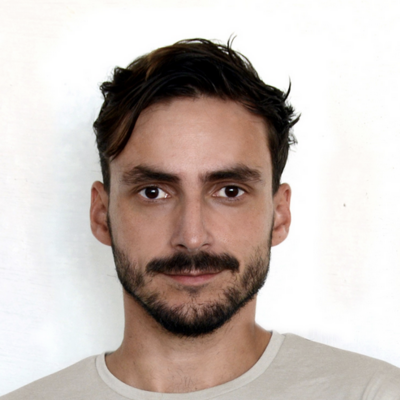

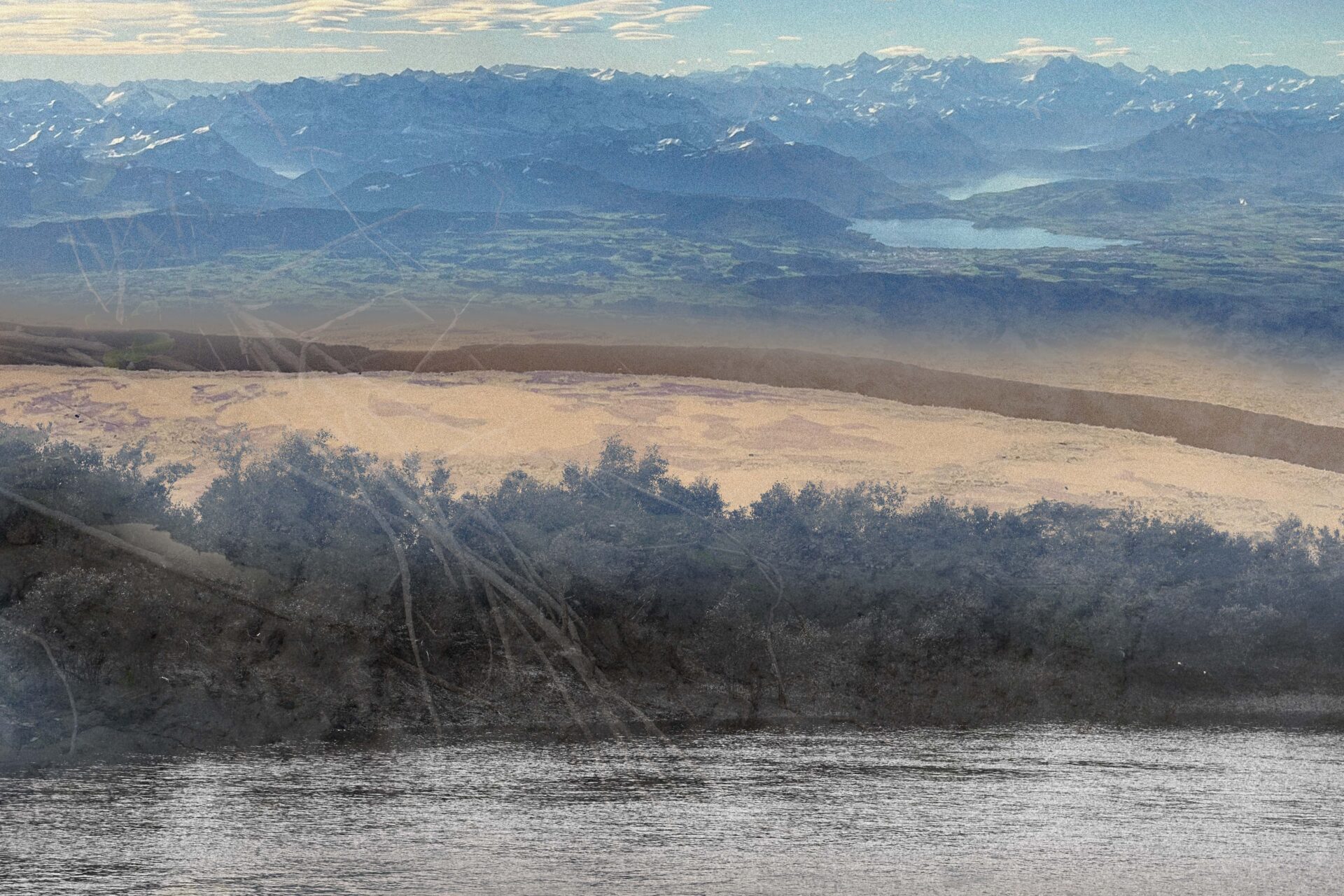
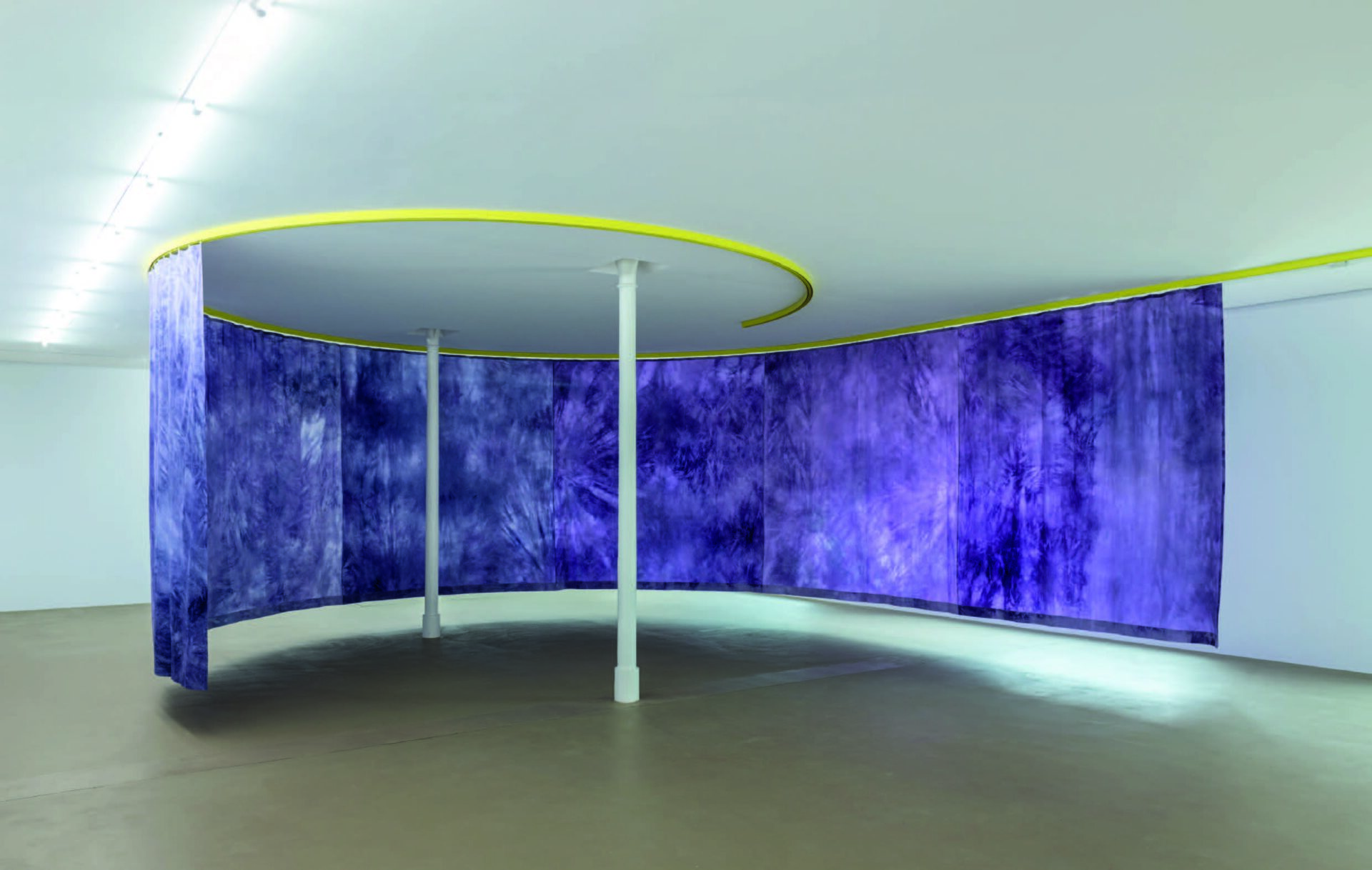
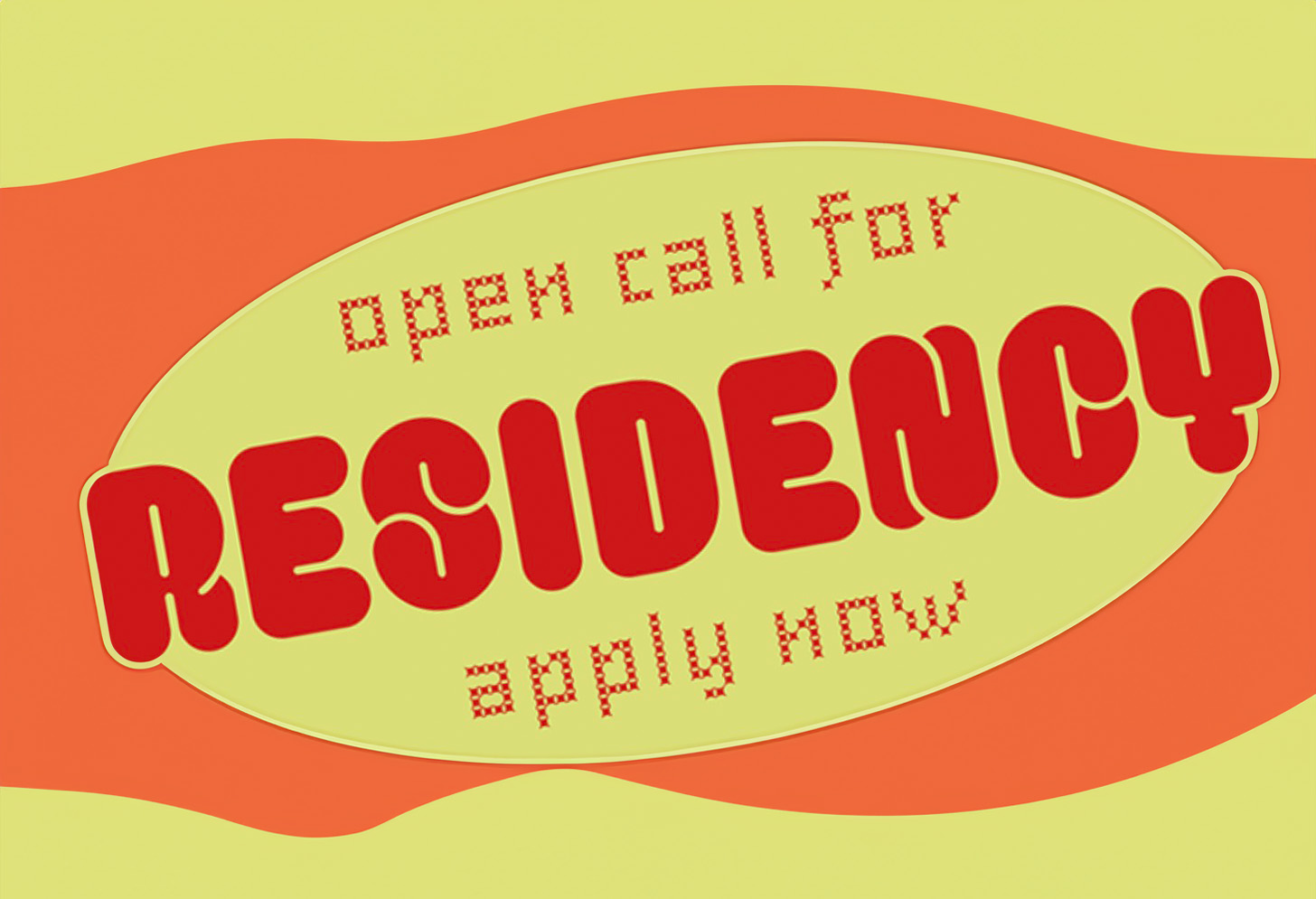
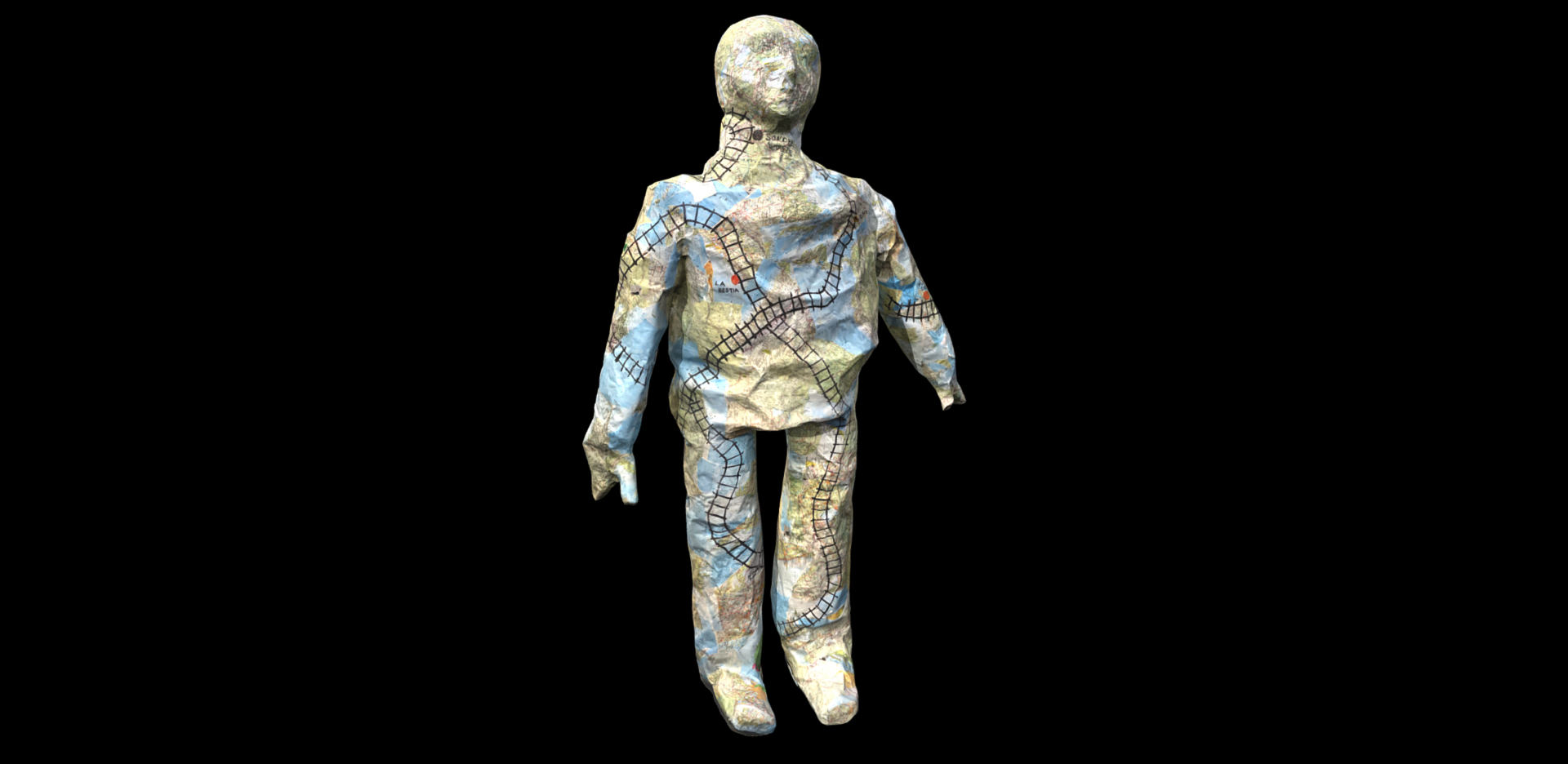
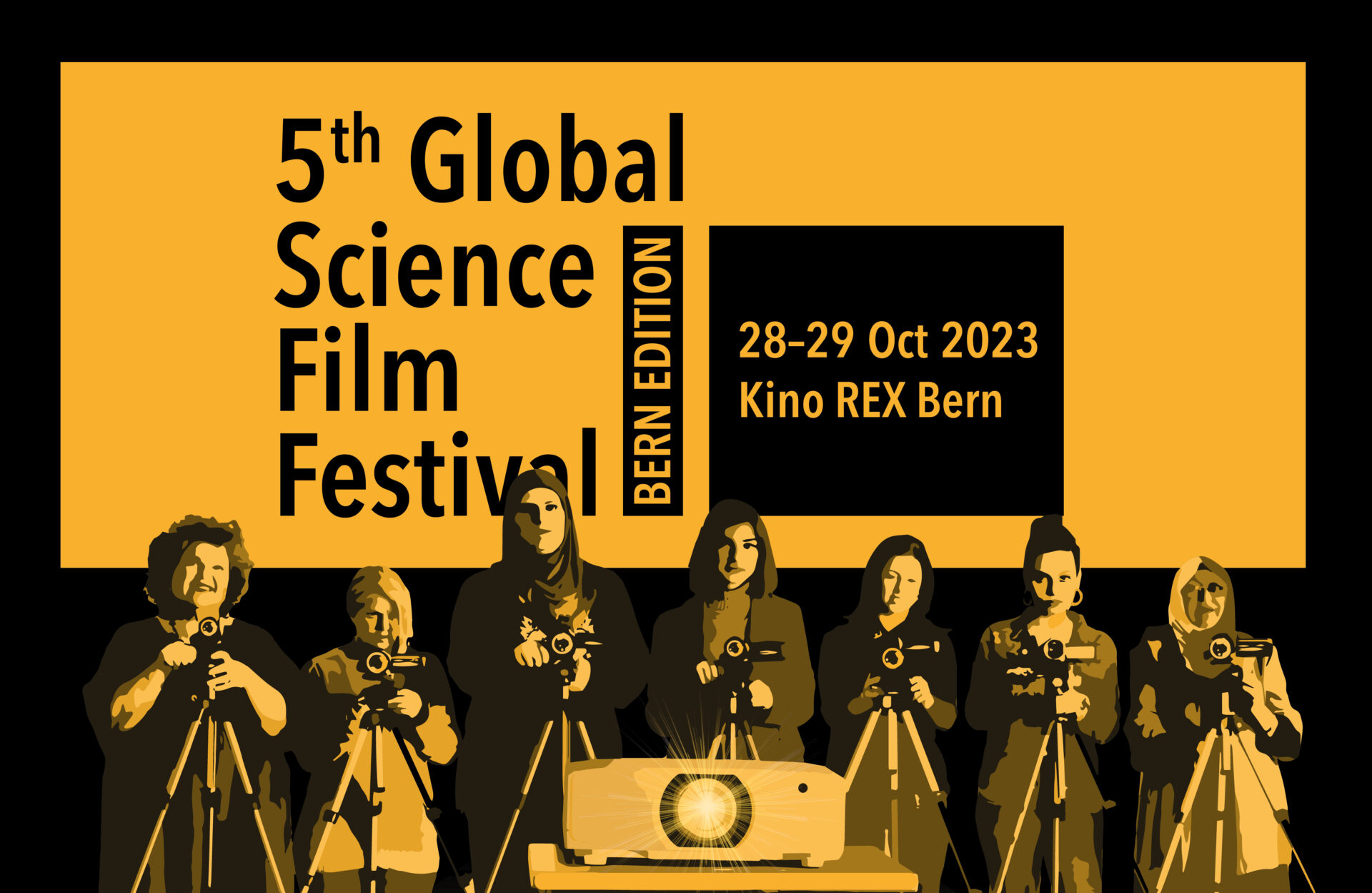
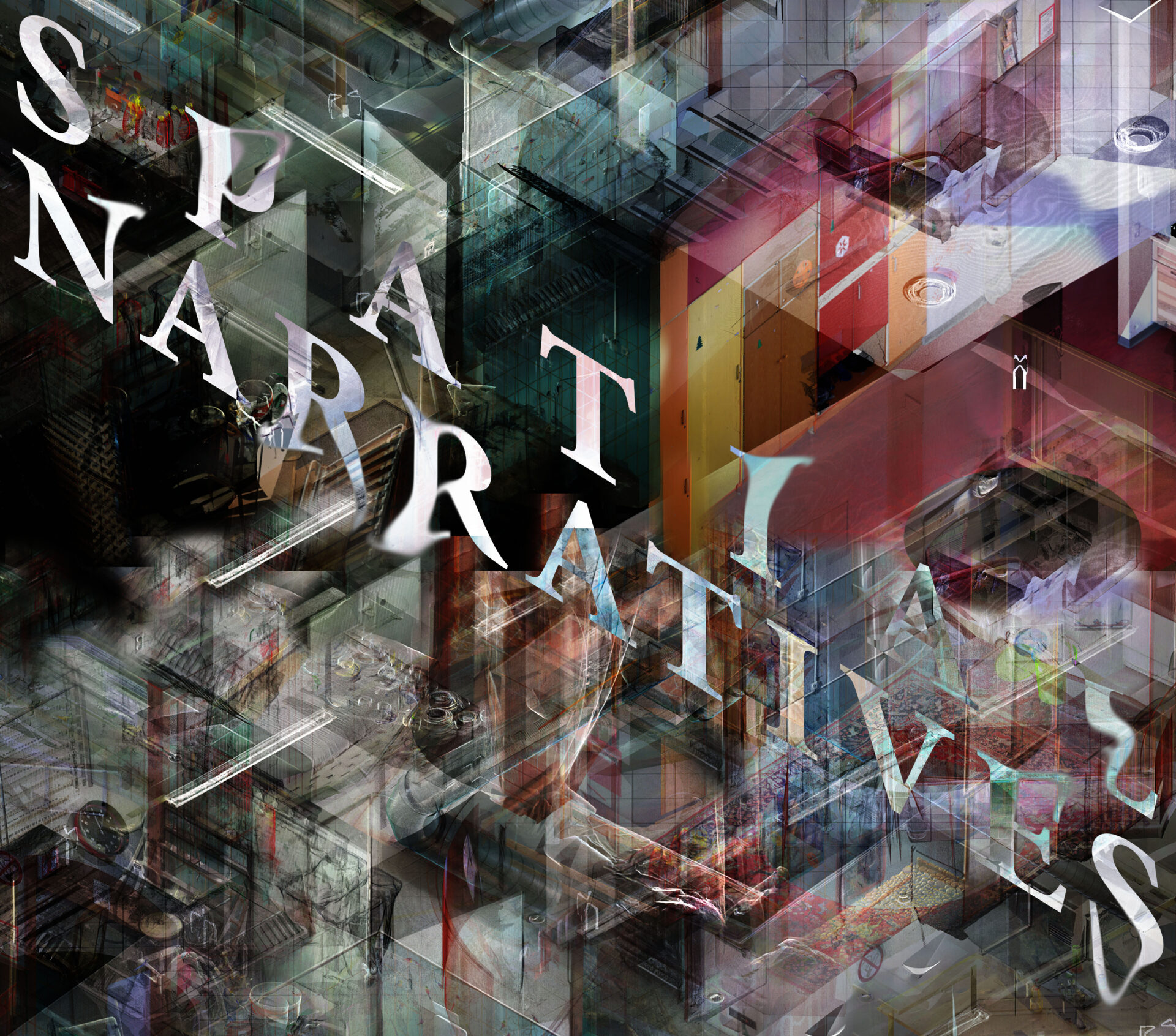
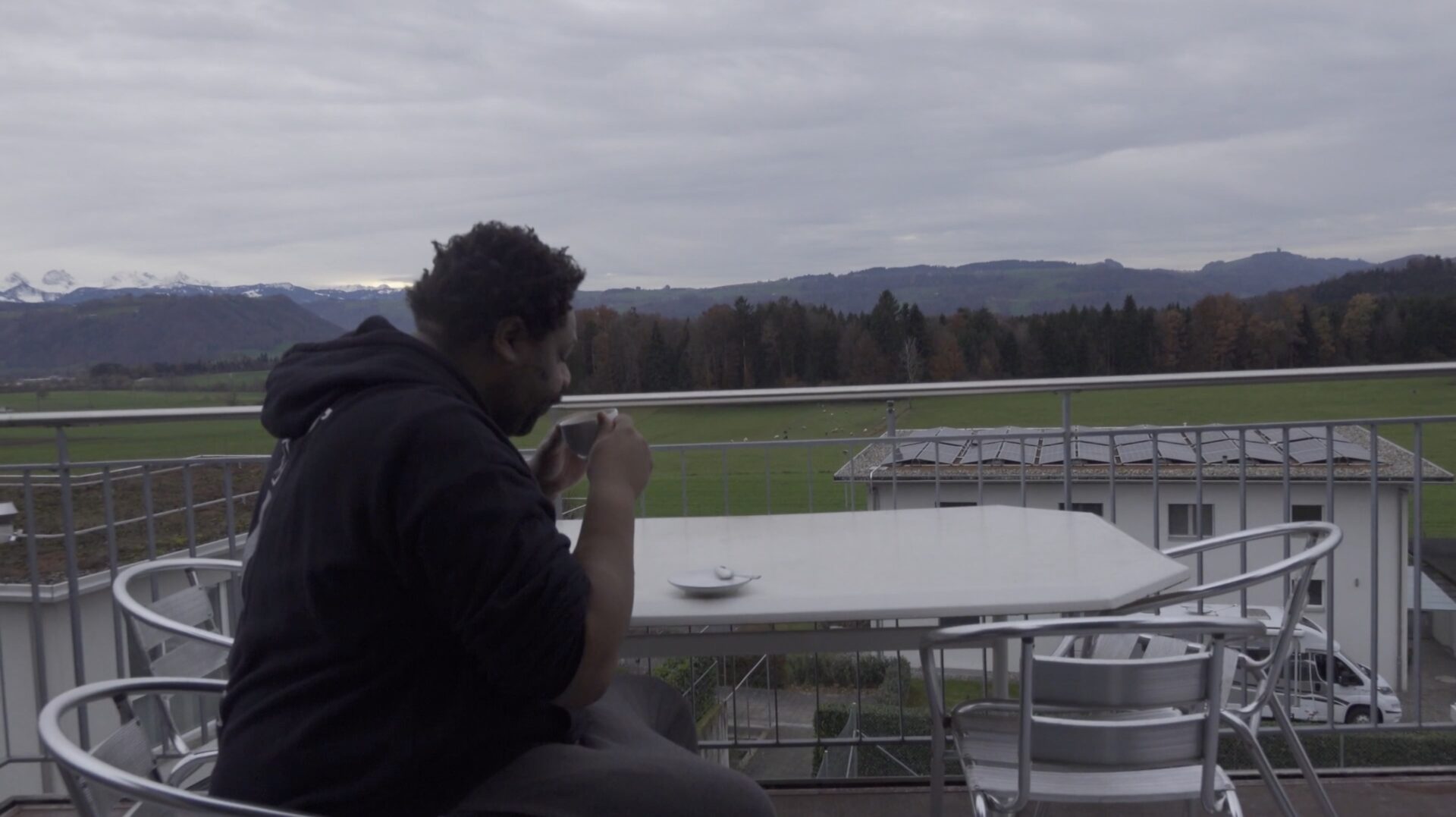
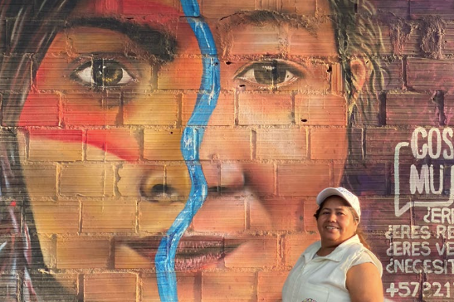
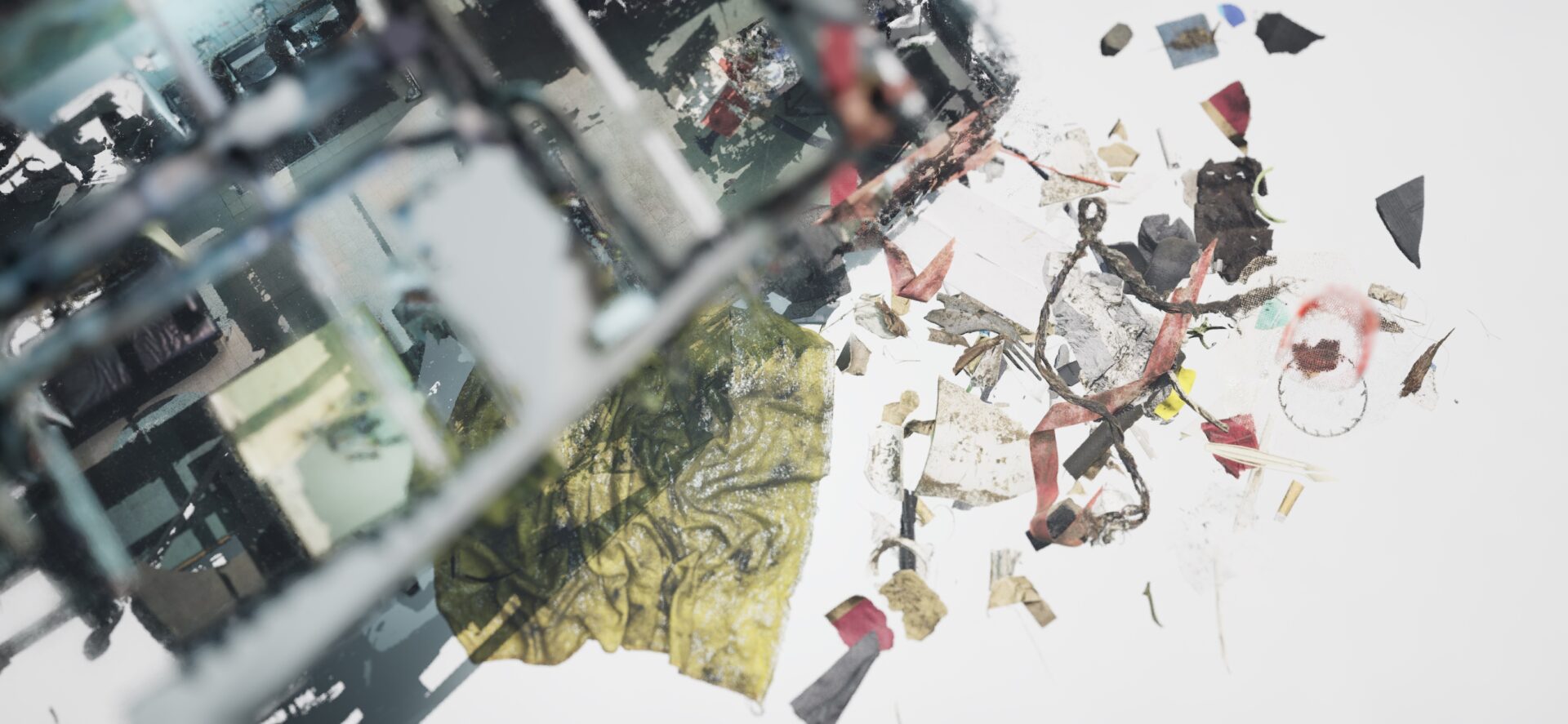
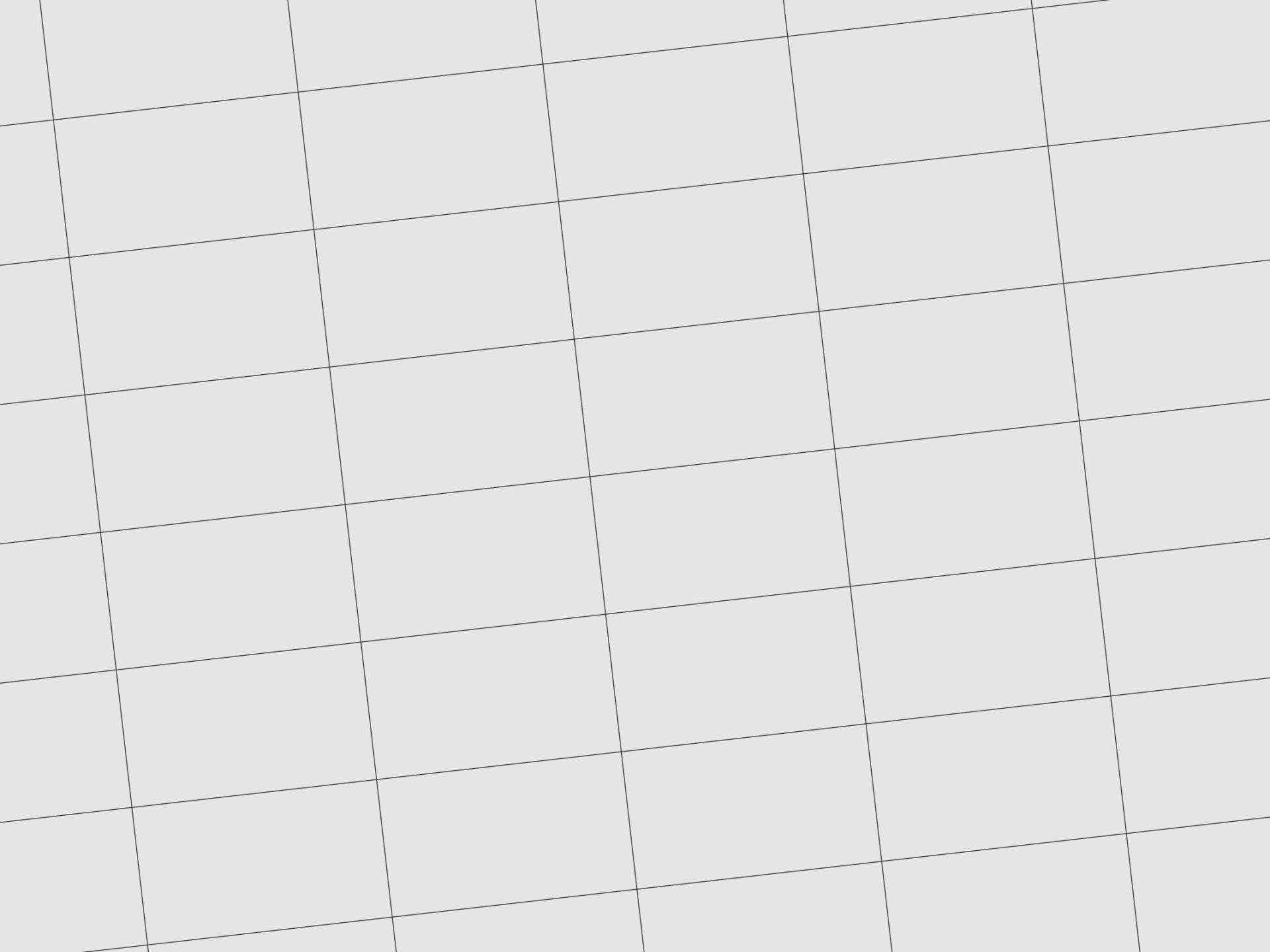
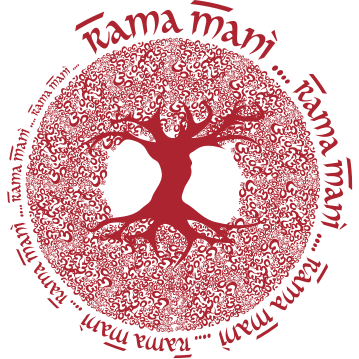
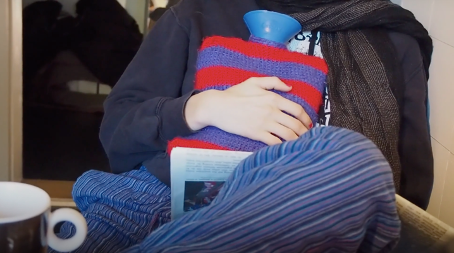


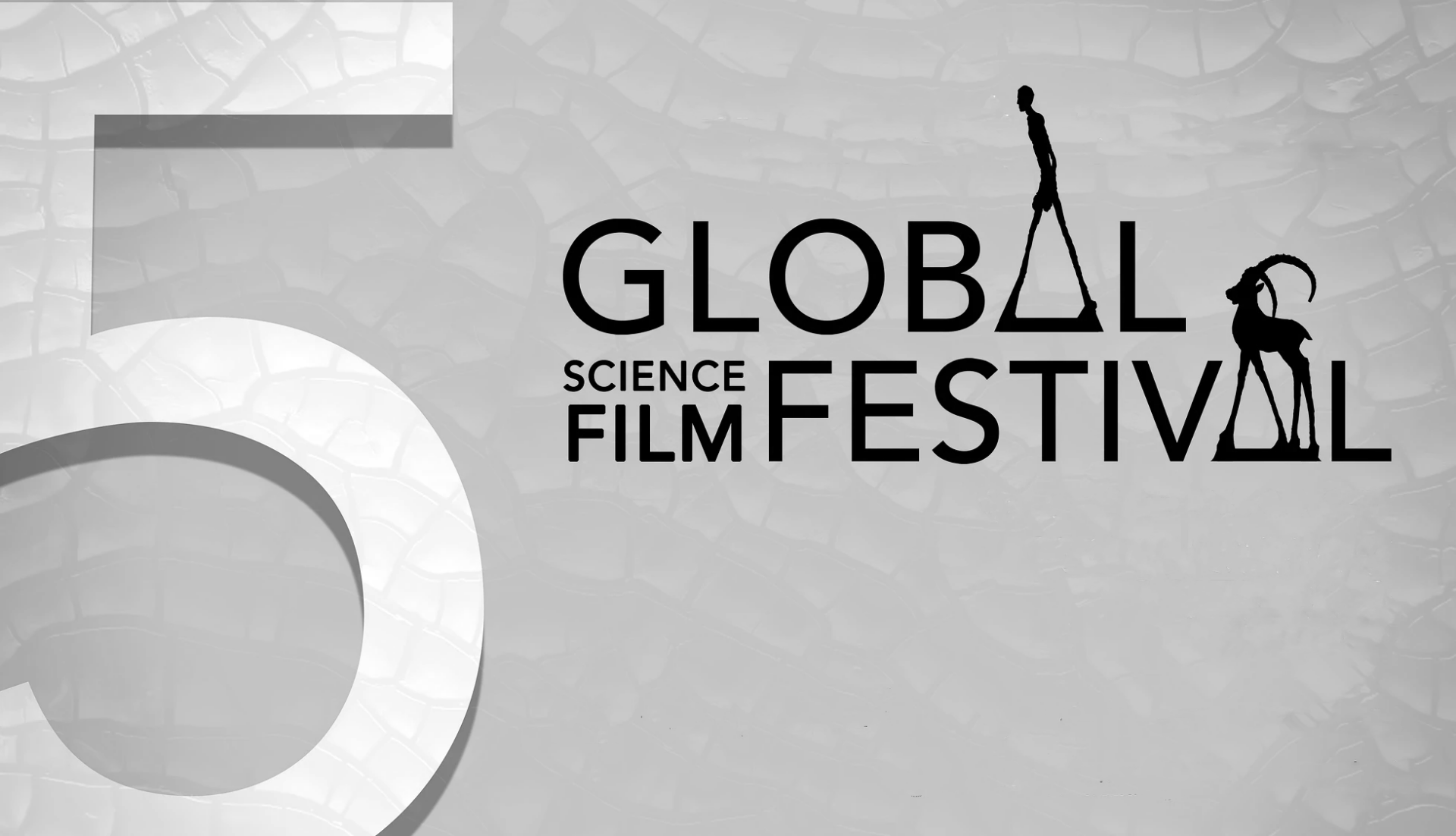

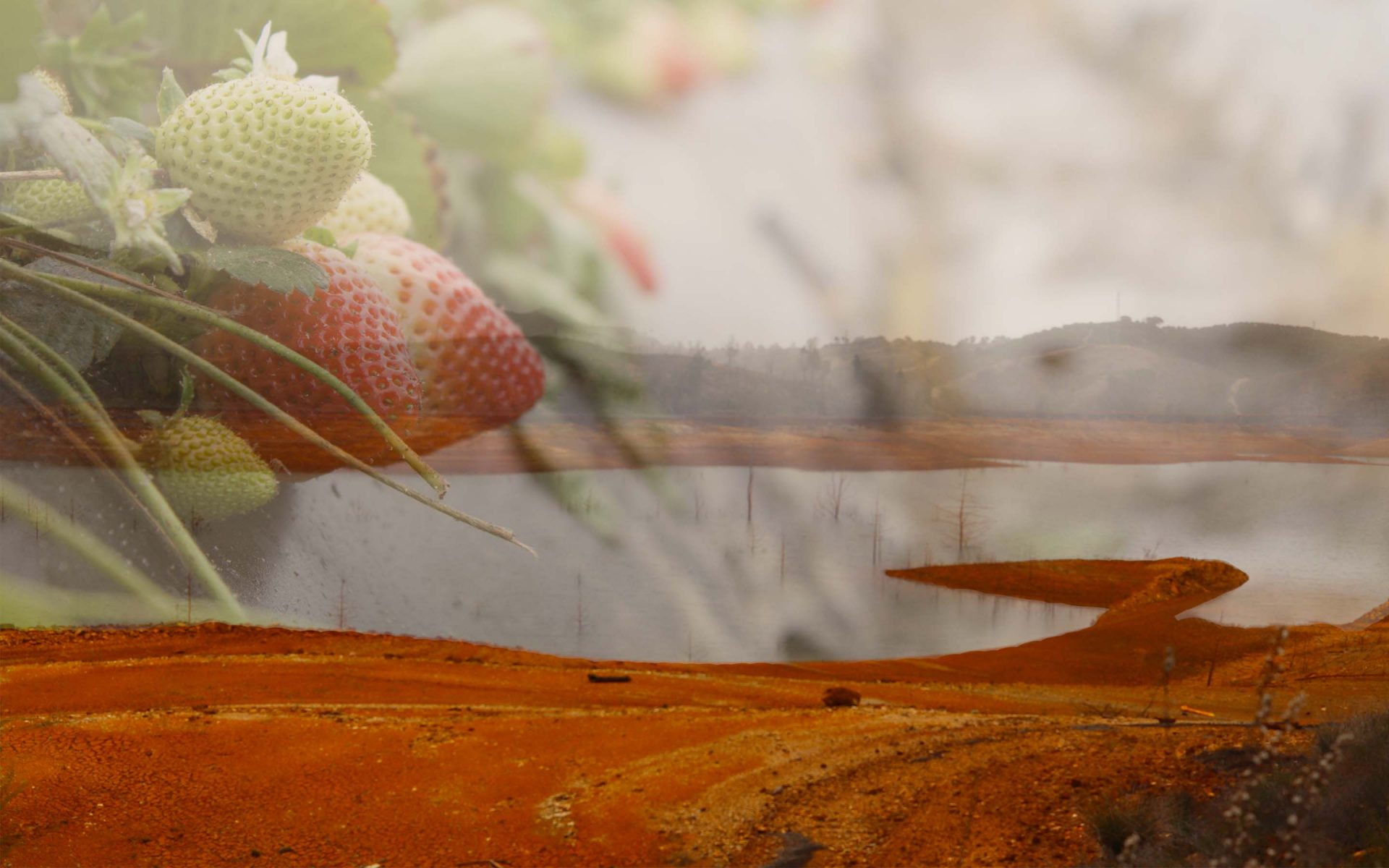
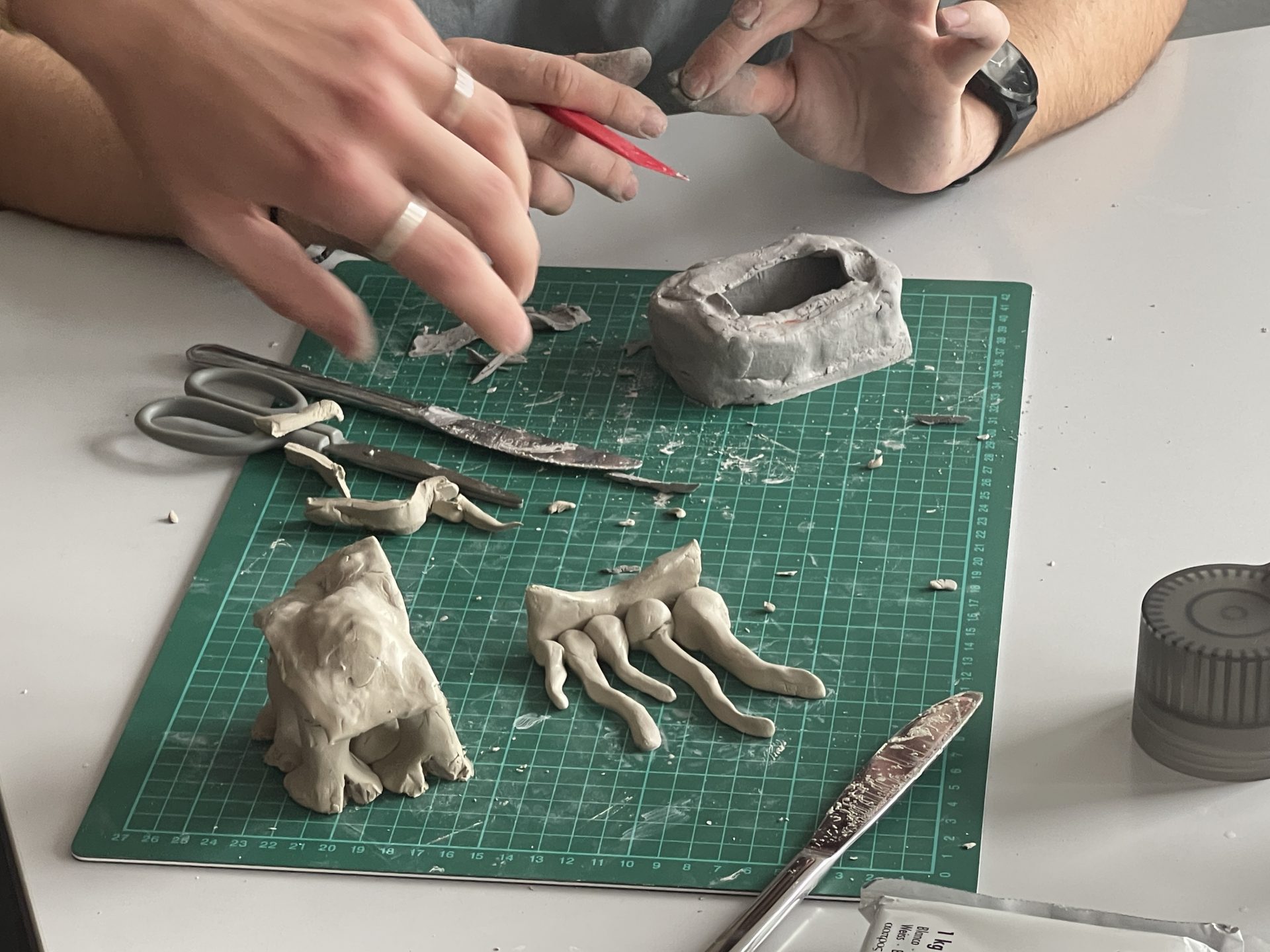
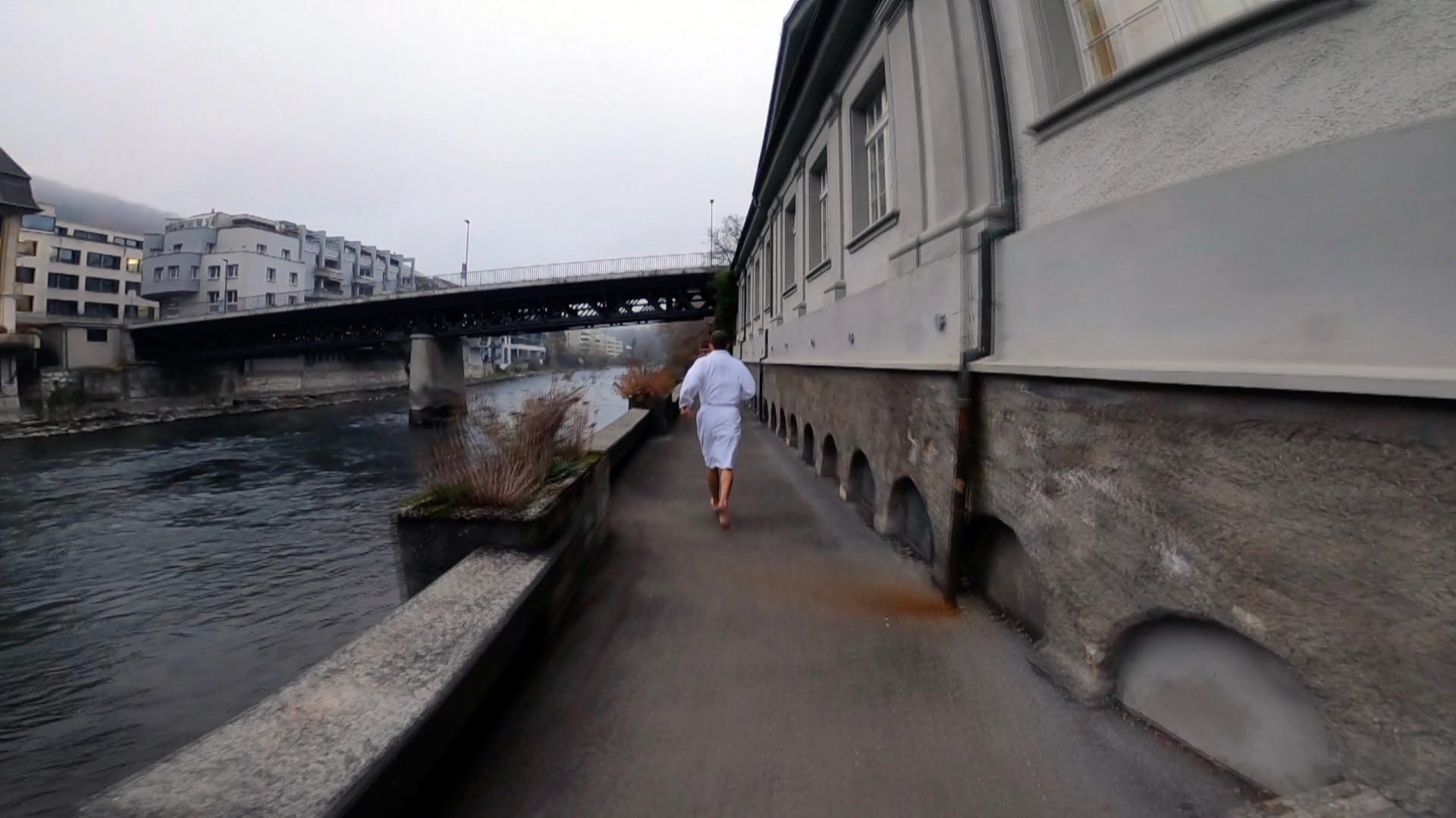
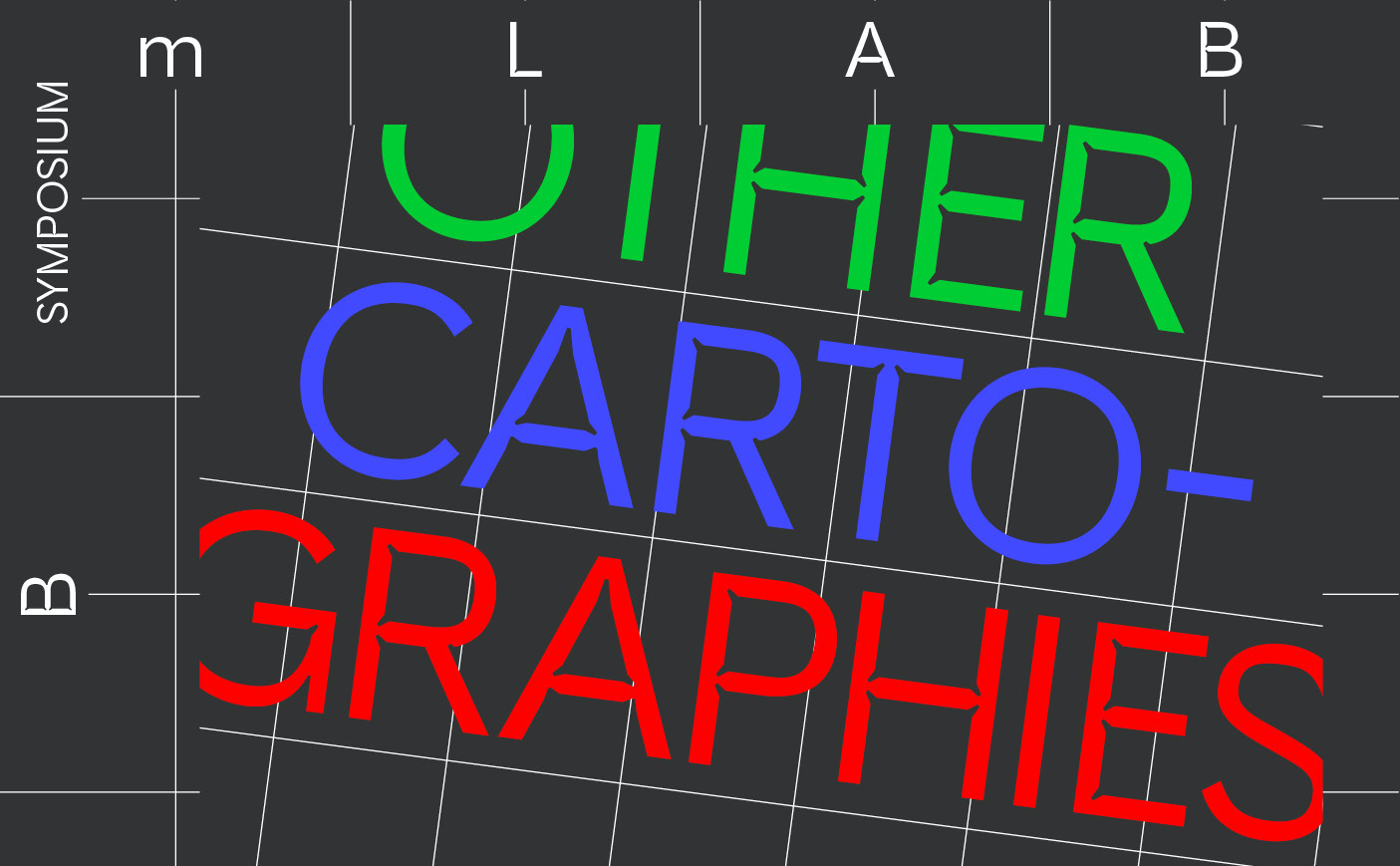
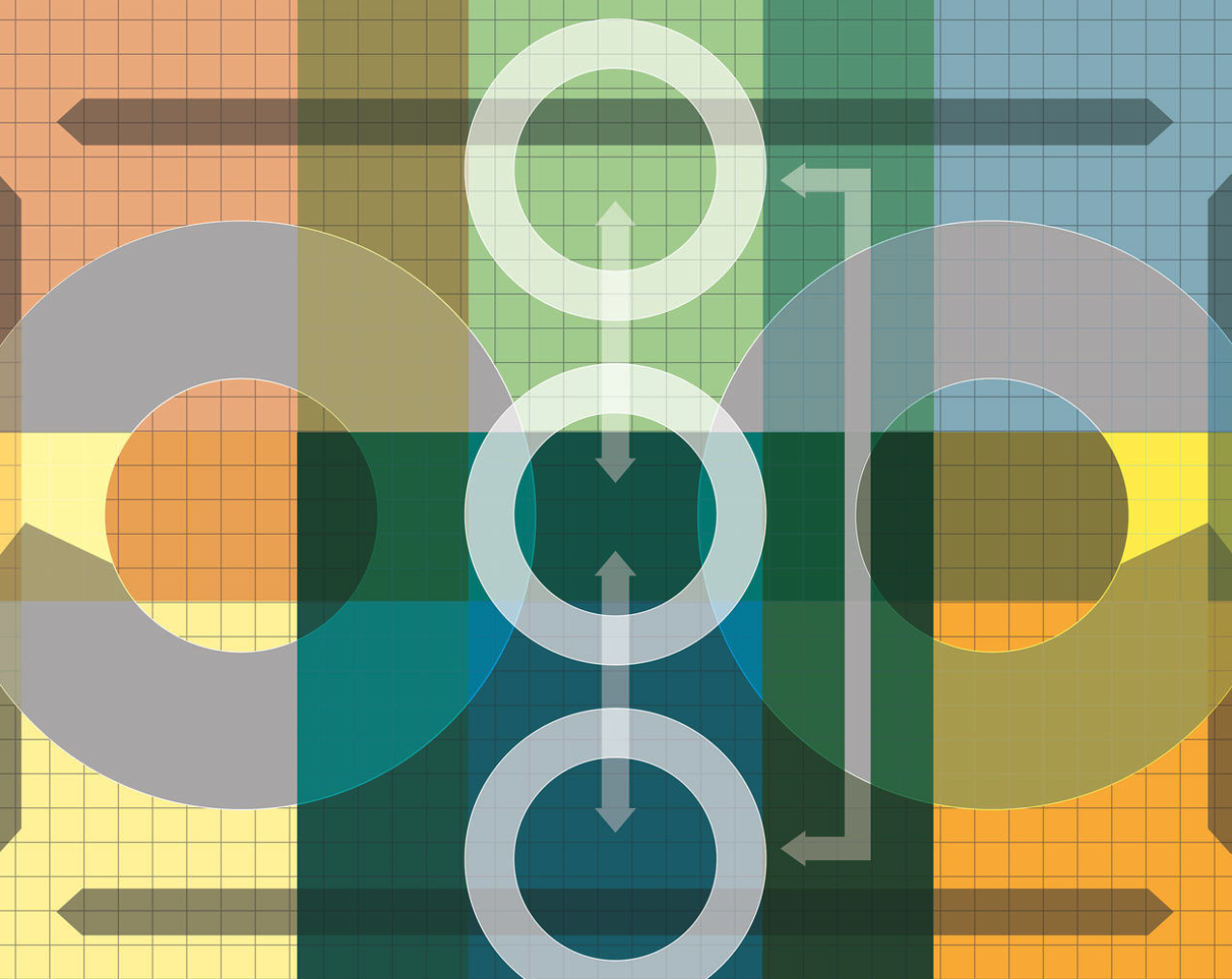
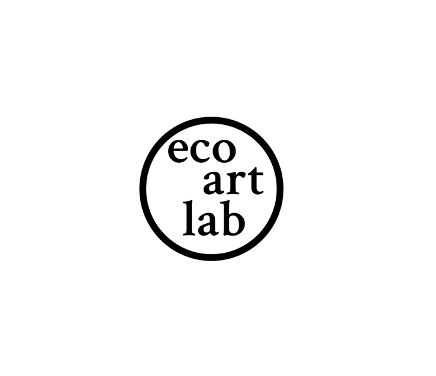

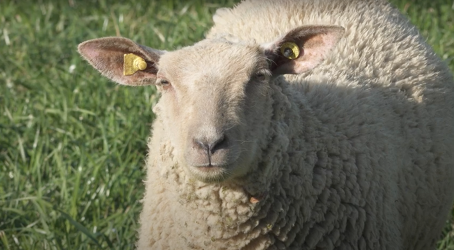

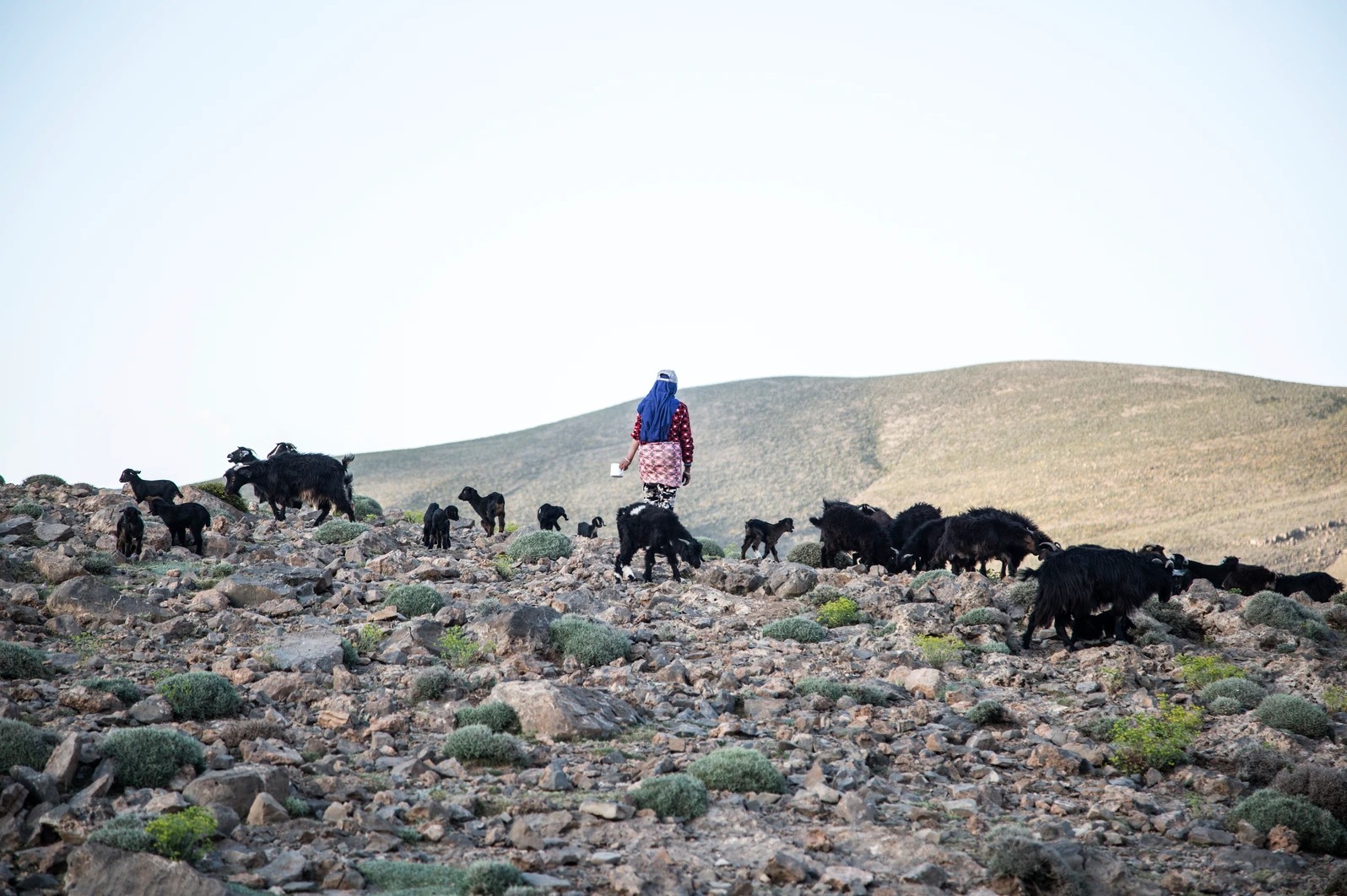

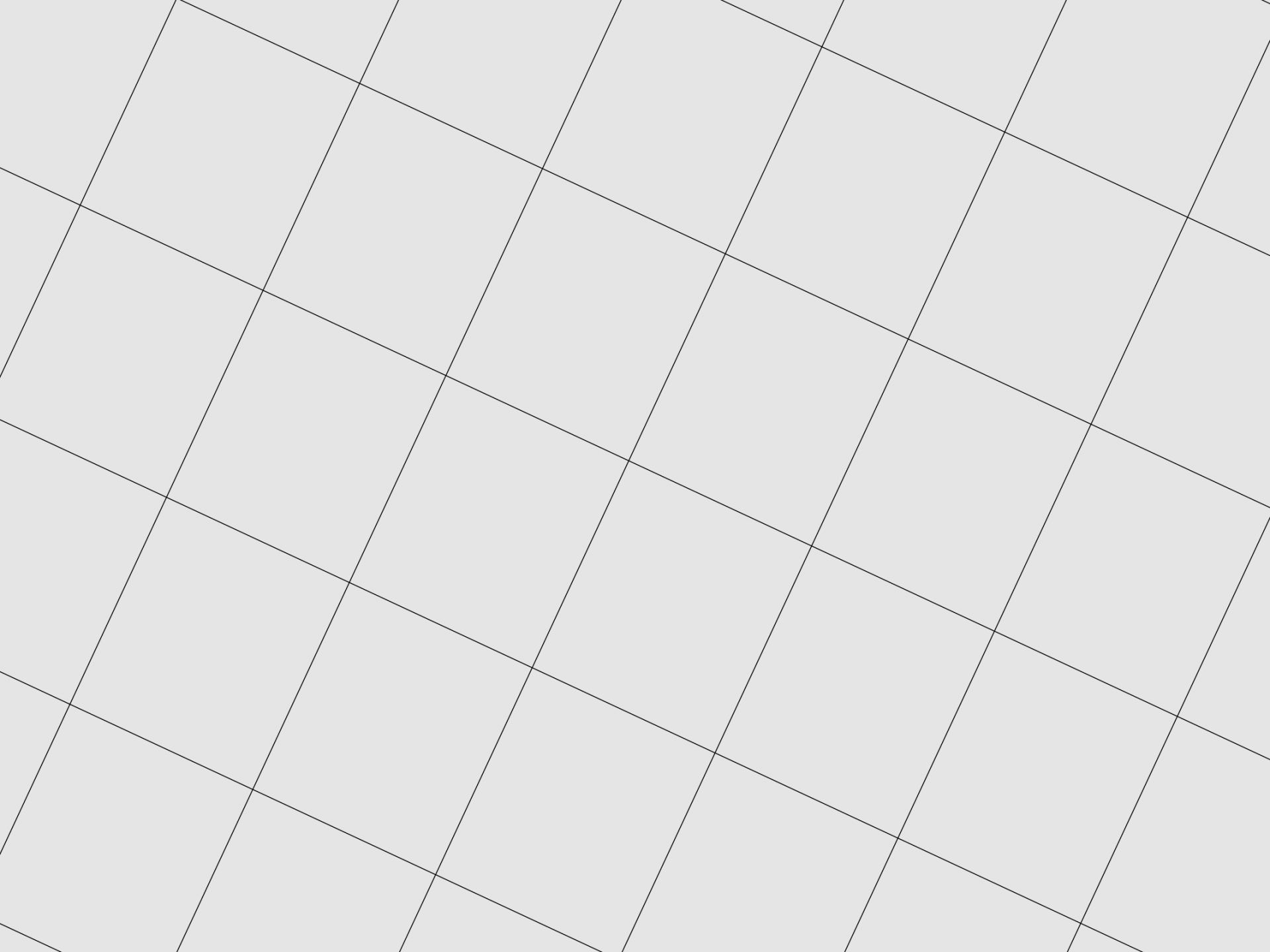
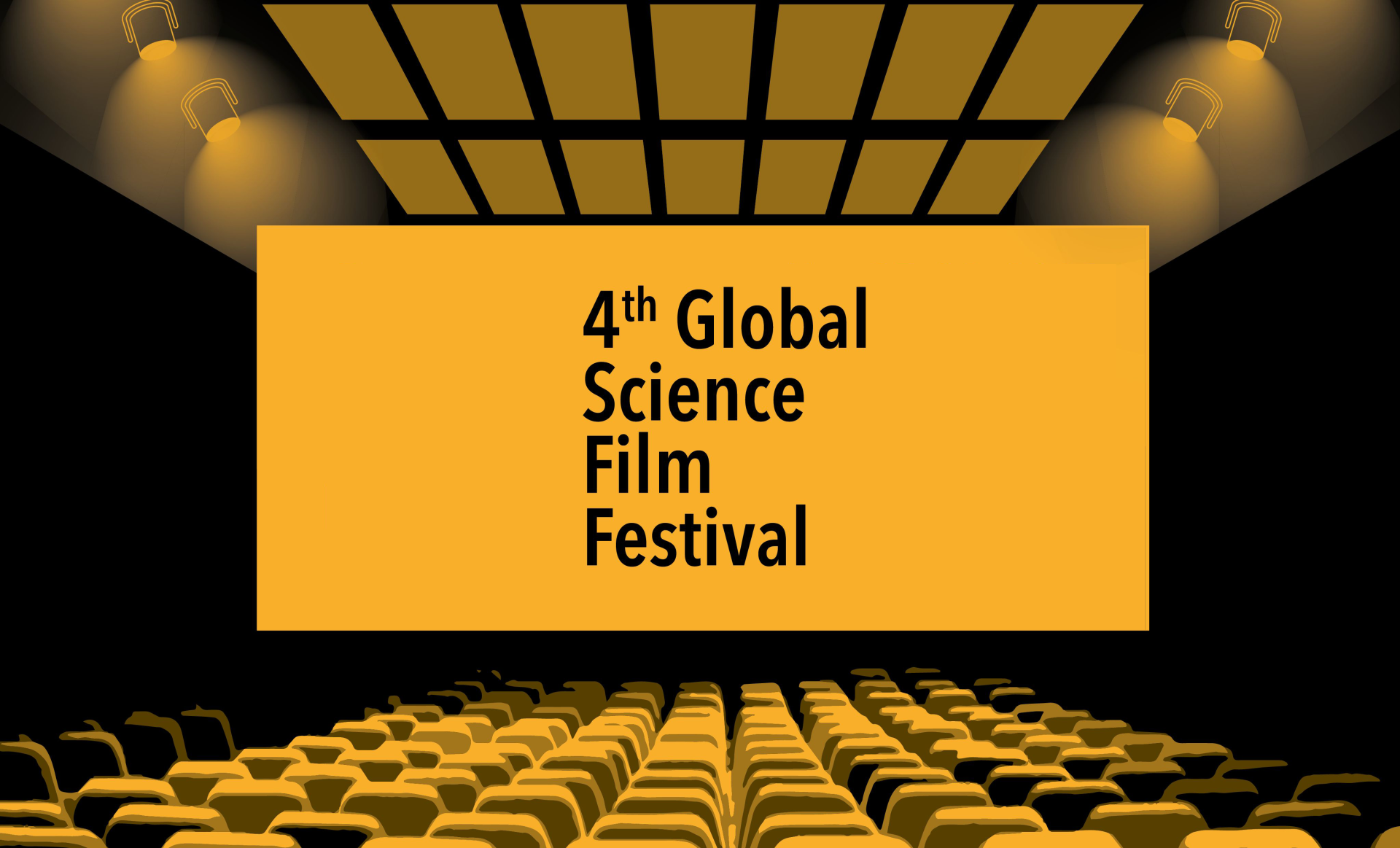
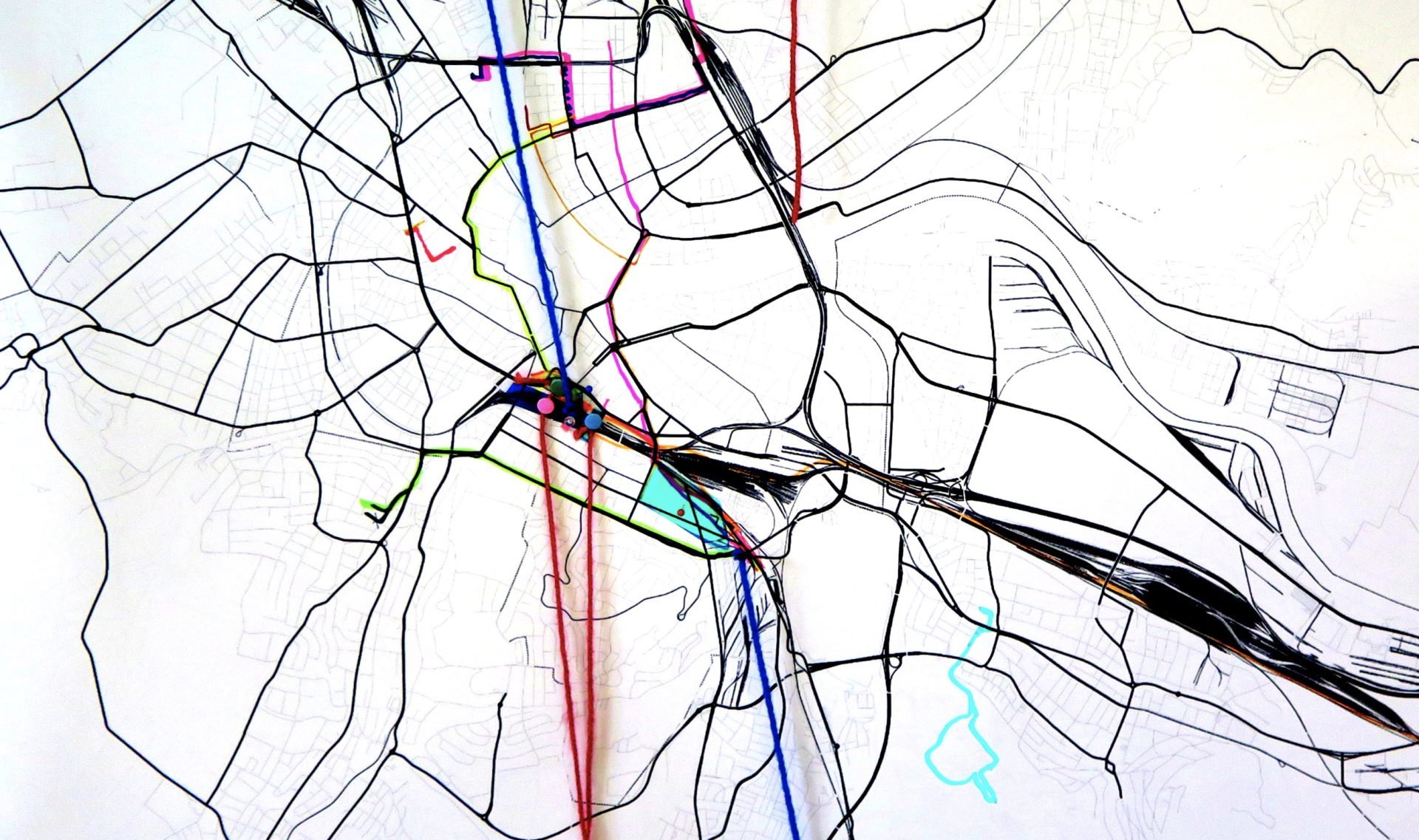

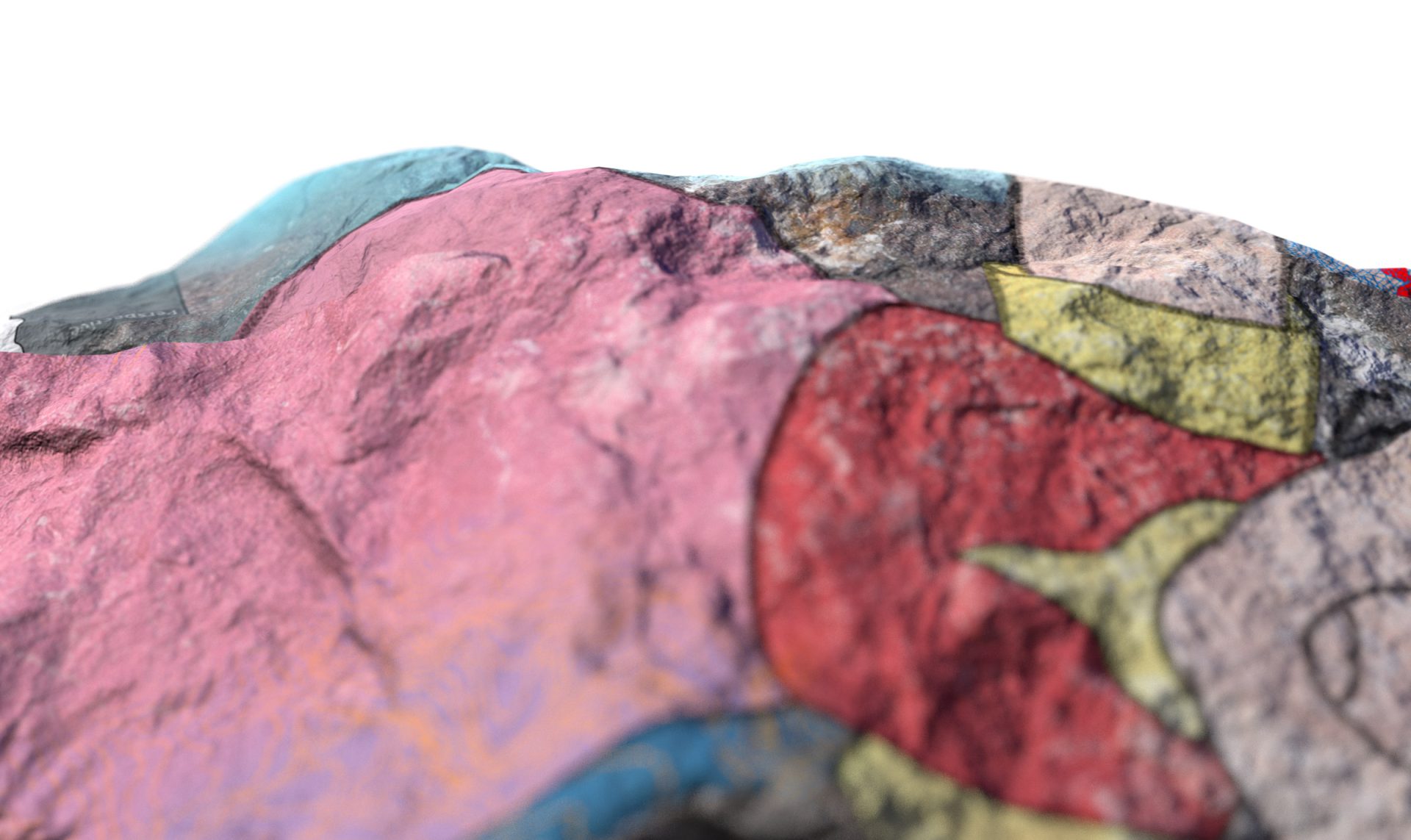

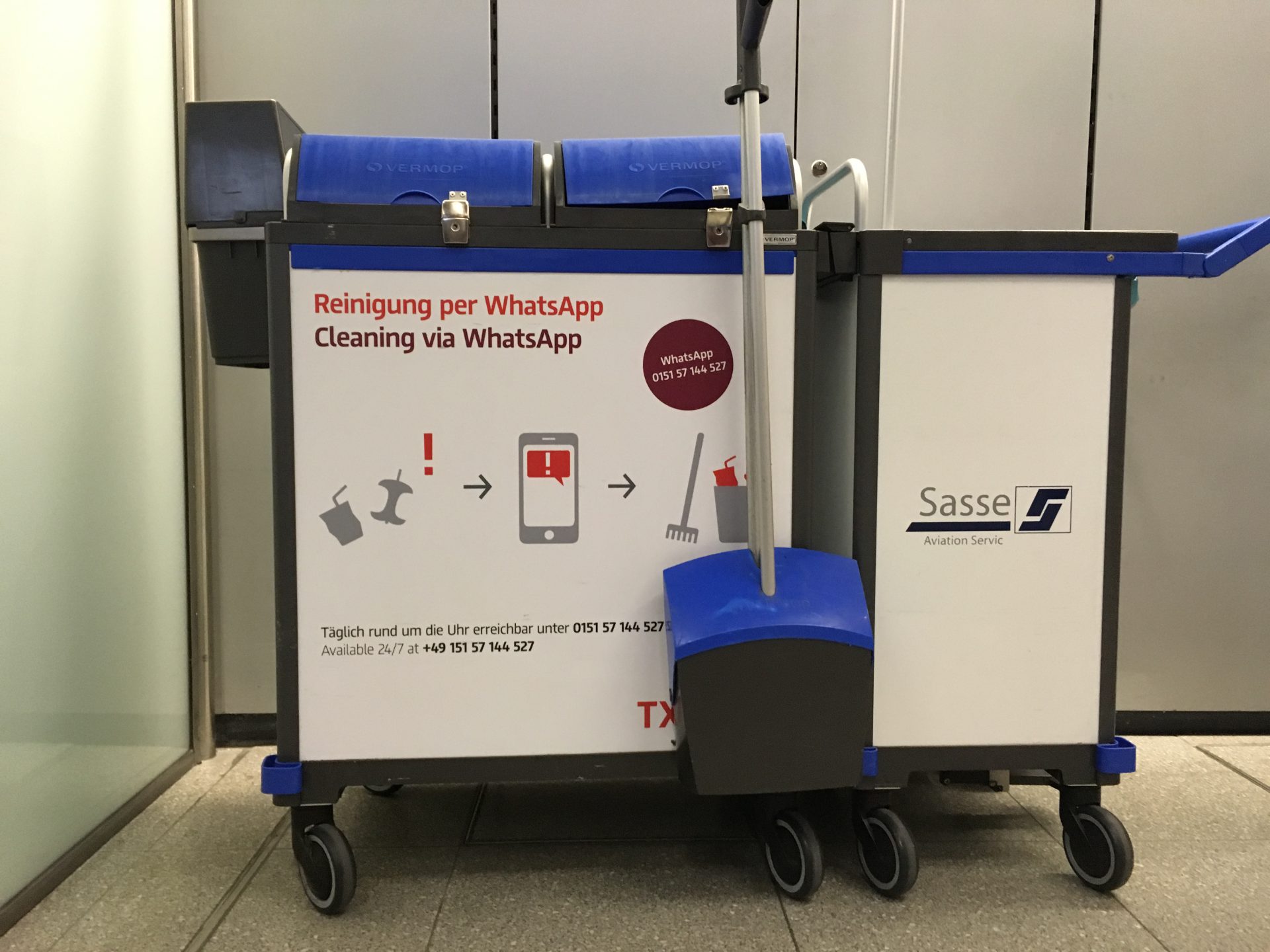
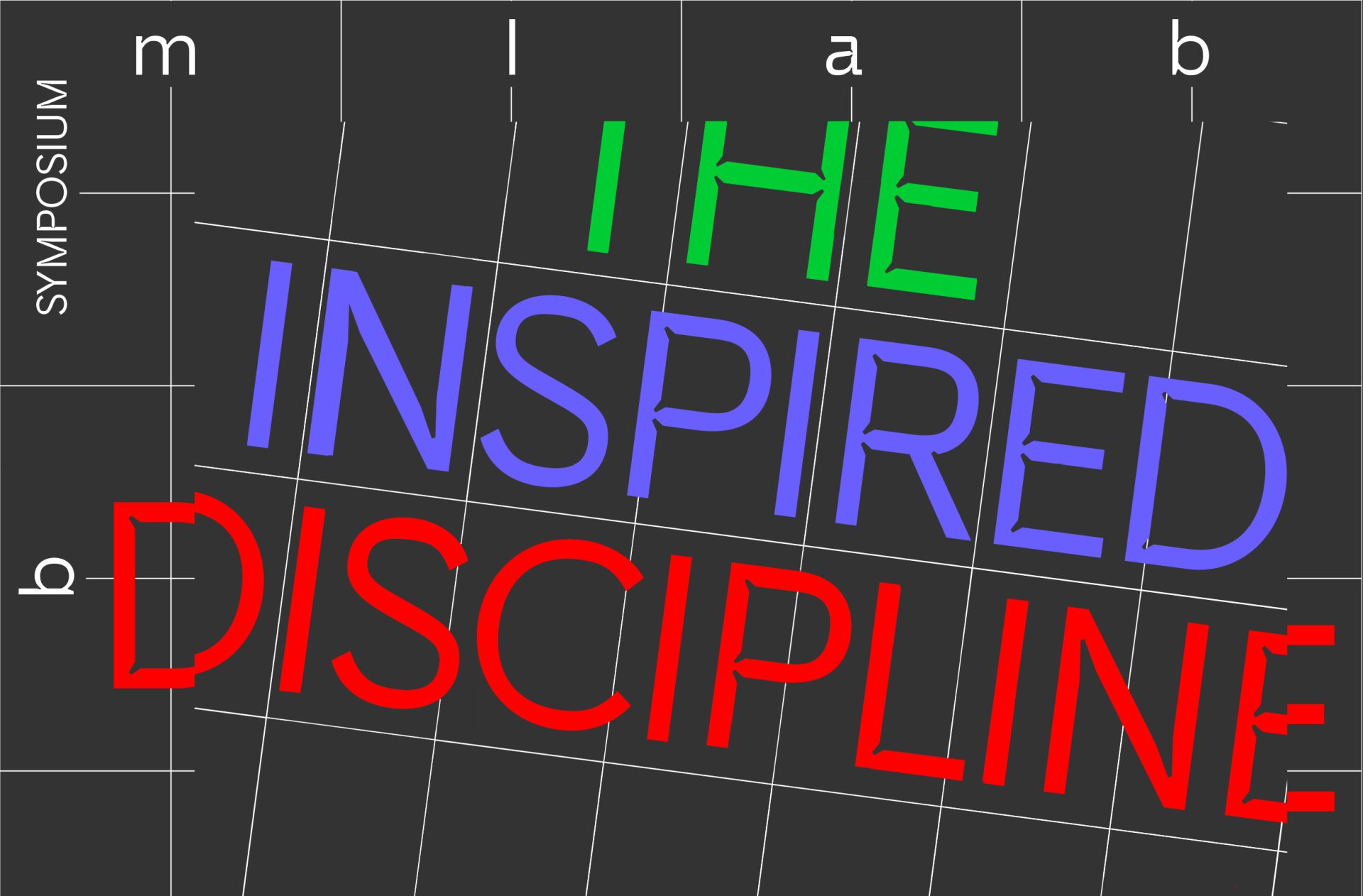
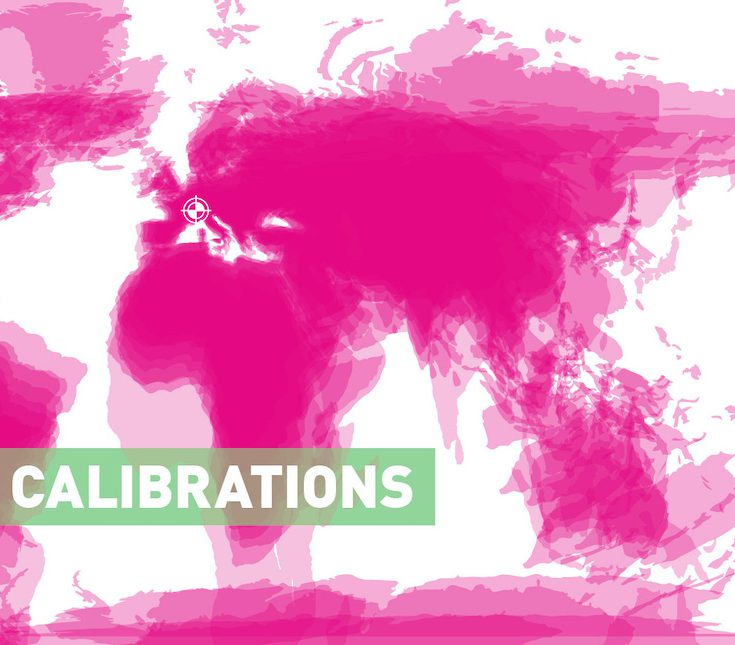
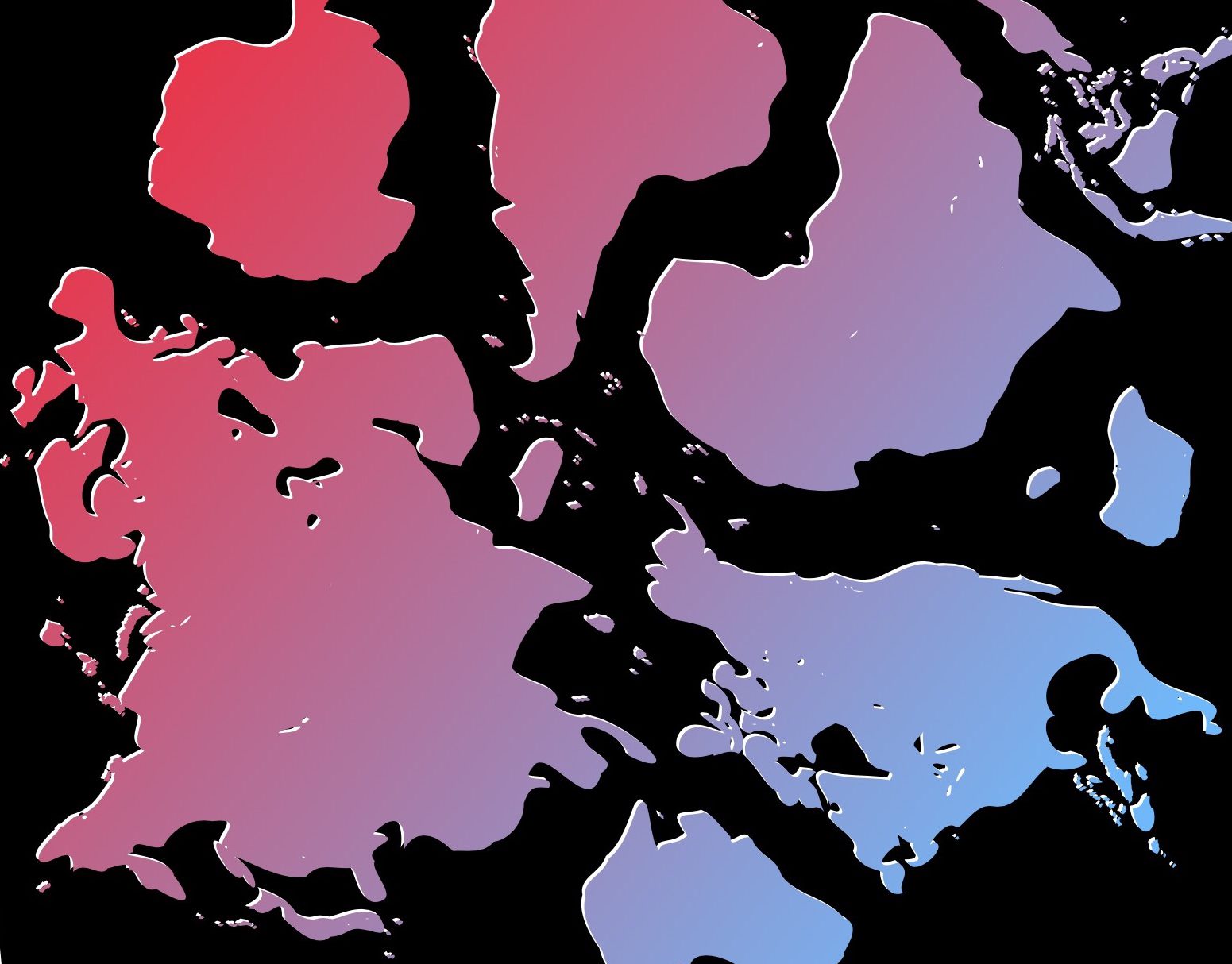
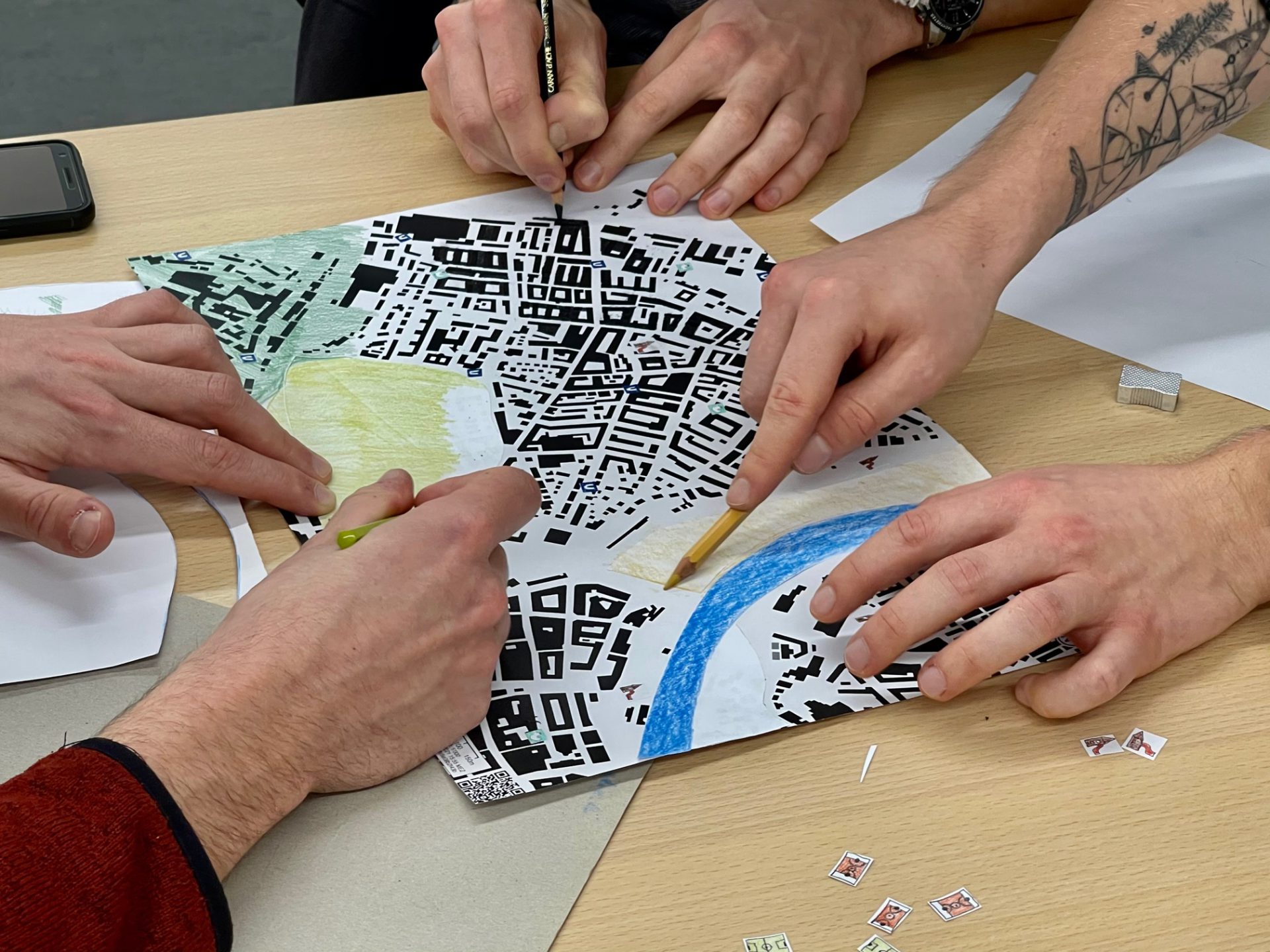

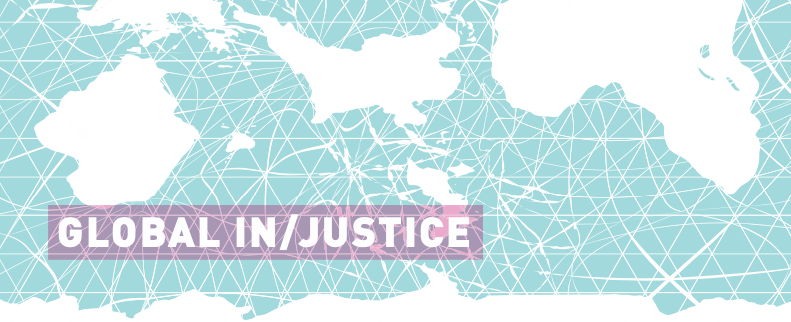
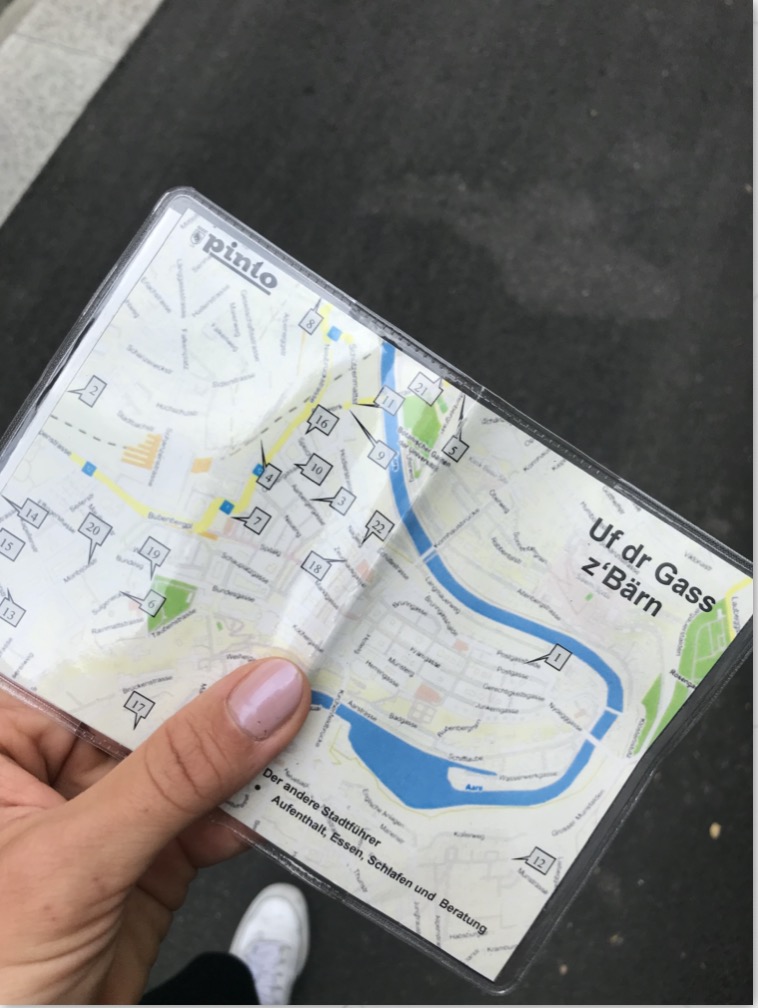
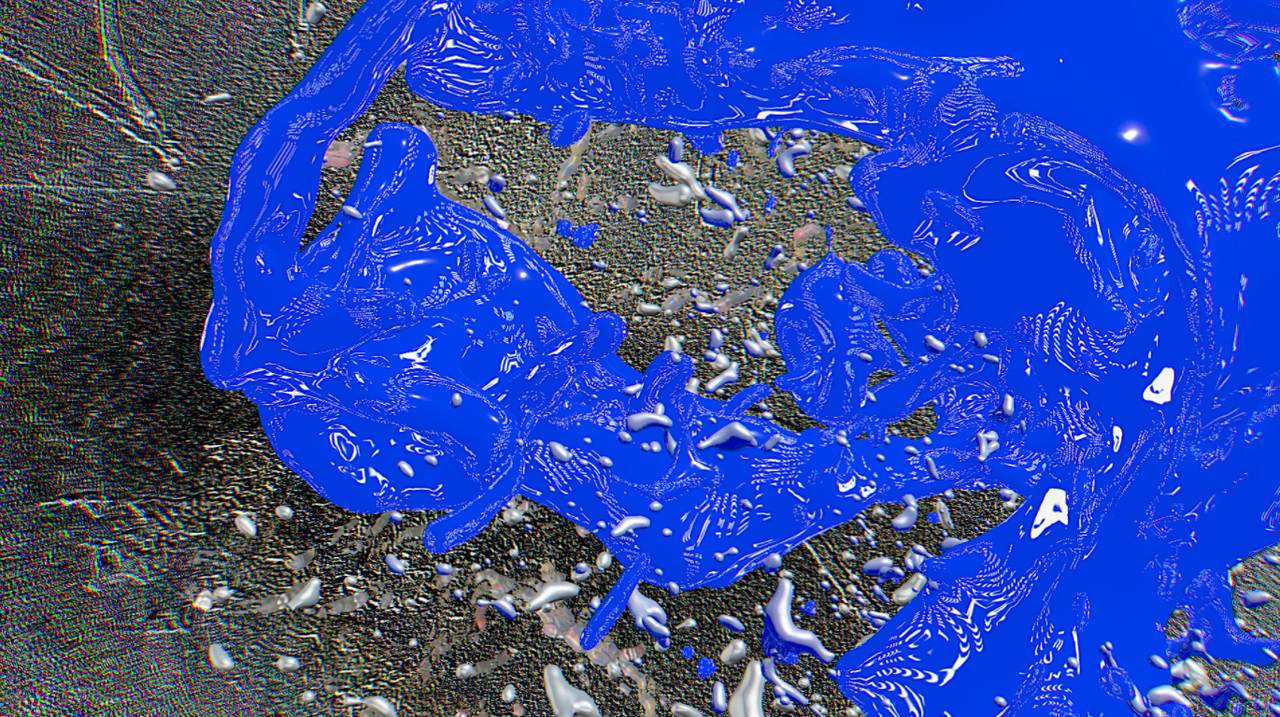

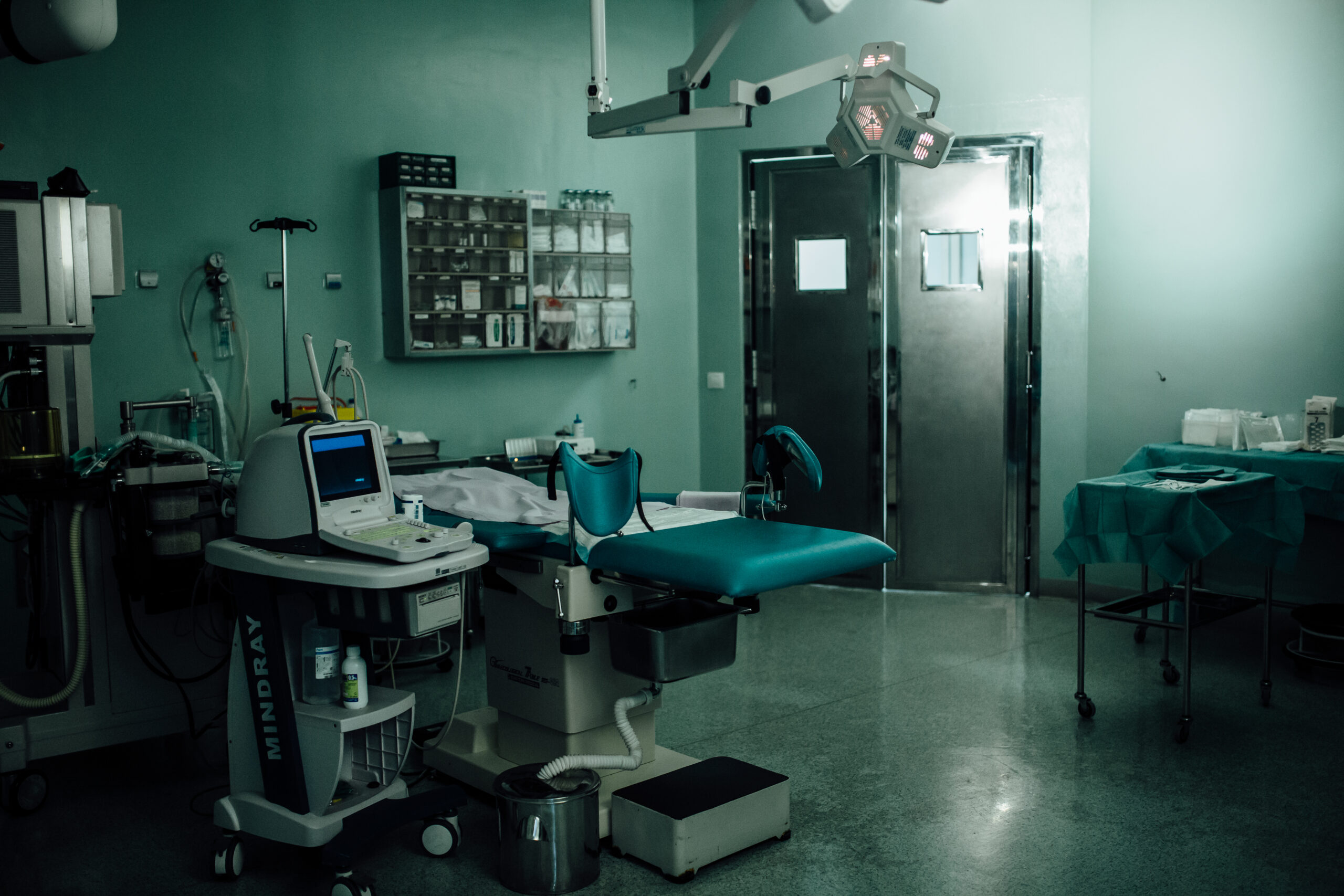
An exhibition on egg donation and reproductive politics based on the research of Laura Perler, with photographs by Tamara Sánchez Pérez. Curator: Mirko Winkel.
When: November 25th, 2022 – January 14th, 2023
Where: Kornhausforum (Gallery 2nd floor), Kornhausplatz 18, 3011 Bern
Opening hours: Tue–Fri 10 am–7 pm, Sat 10 am–5 pm, Sun 11 am–4 pm, Monday closed
More information: HERE
Free admission
Opening: Thursday, November 24th, 2022
5 pm: Panel discussion.
After a short lecture on egg donation and the Spanish reproductive market by Taleo Stüwe (physician, collaborator Gen-ethisches Netzwerk e.V., Berlin), a panel discussion will take place, moderated by Carolin Schurr (GIUB). Laura Perler, Tamara Sánchez Pérez (photographer), Alba Cambeiro Cernadas (egg donor portrayed in the exhibition) and Sabina Rhyner (egg recipient portrayed in the exhibition) will discuss egg donation in Spain. The event will be held in German and Spanish, with simultaneous translation and is a collaboration with the association biorespect.
6 pm: Opening with apéro
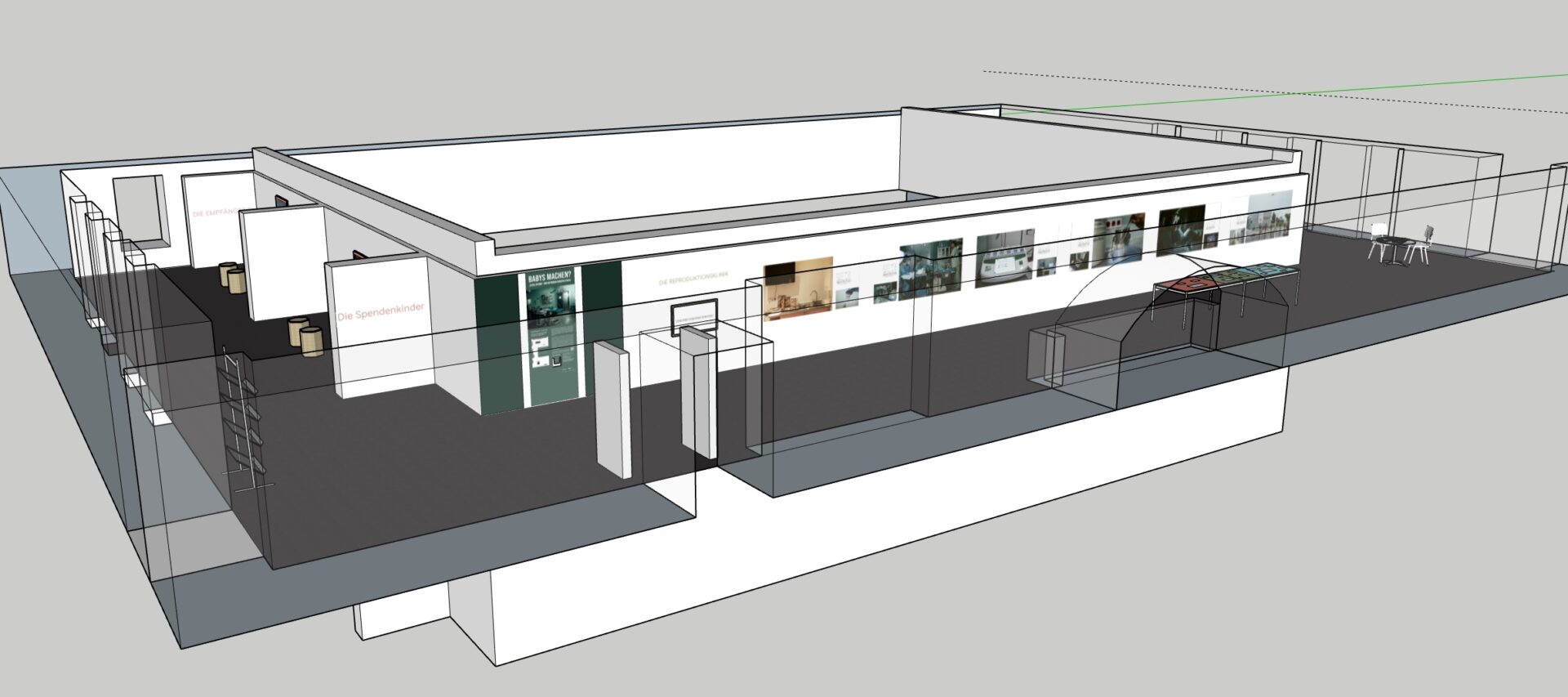
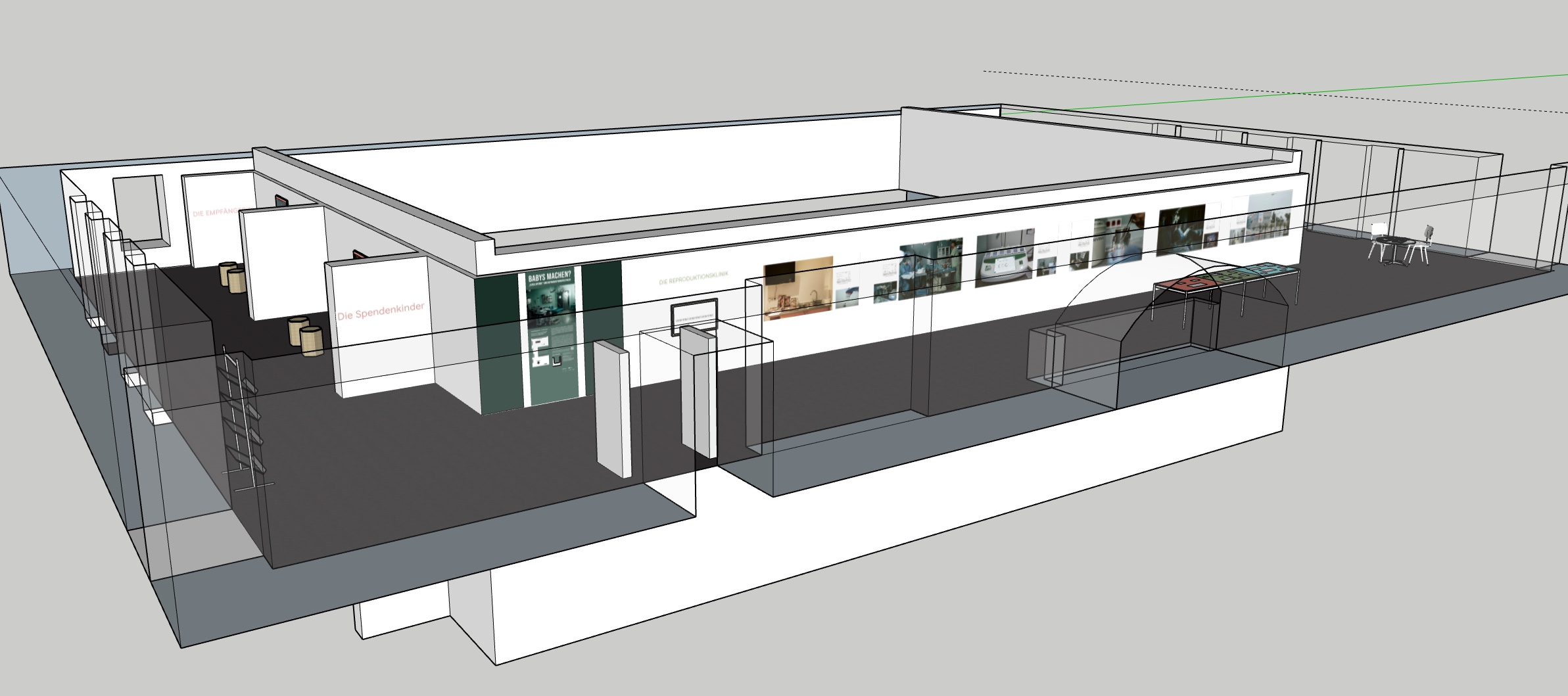


(Still) prohibited in Switzerland, permitted in other countries: egg donation. The exhibition “Making Babies? Egg Donation and Reproductive Politics” explores this reproductive technique and its social, ethical and economic implications. It features photographs, audio and video documents on the subject, created as part of Laura Perler’s research. The exhibition is linked to the project “Reproductive Geopolitics“ of the Cultural and Social Geography Group at the University of Bern. It is accompanied by a workshop and discussion program that seeks feminist answers to pressing questions.
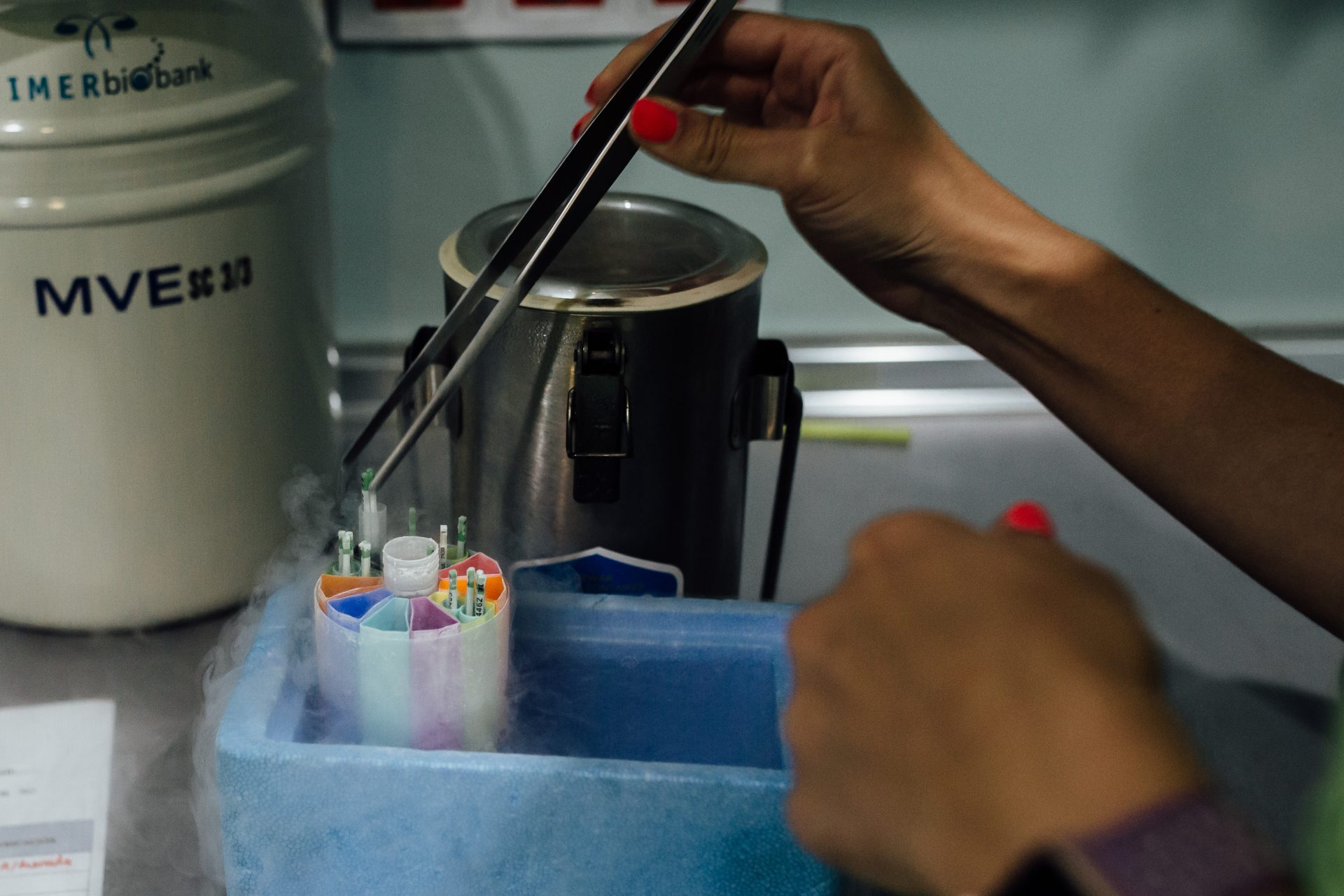
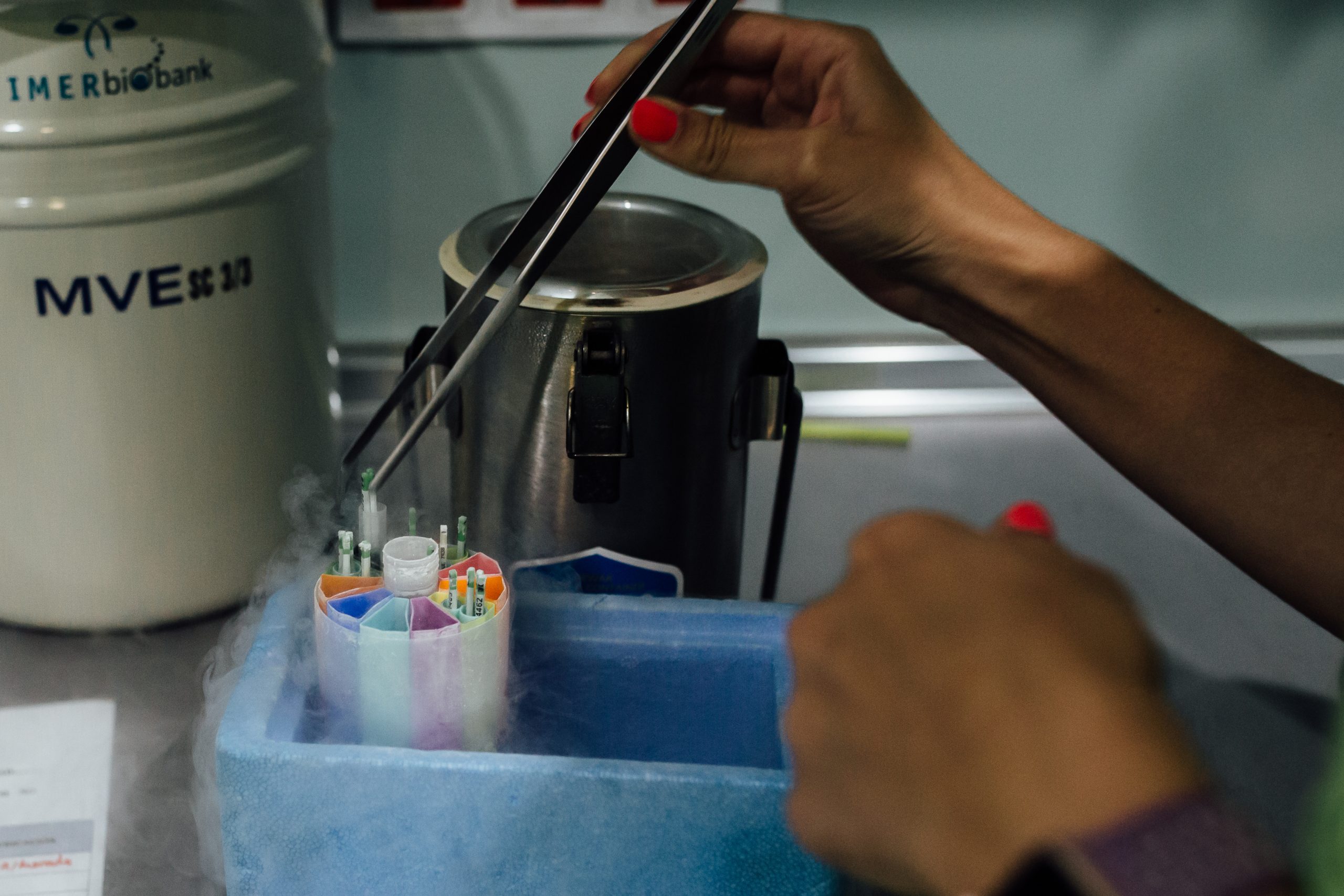


The exhibition portrays the lives and motivations of egg donors from Spain and visits laboratories and surgery rooms at a reproductive clinic. Spain is a leader in Europe in assisted reproduction in general and in egg donation in particular. People with an unfulfilled desire to have children also travel there from Switzerland to become pregnant via egg donation. In the exhibition, visitors get to know one such recipient, as well as a young woman who was born through egg donation. The political discussion on the issue of legalization is highly topical: just recently, in September 2022, the Swiss Council of States approved to consider the legalization of egg donation in Switzerland. Accordingly, the topic is also being discussed in the media, such as in a Swiss radio program that mentions the exhibition.
